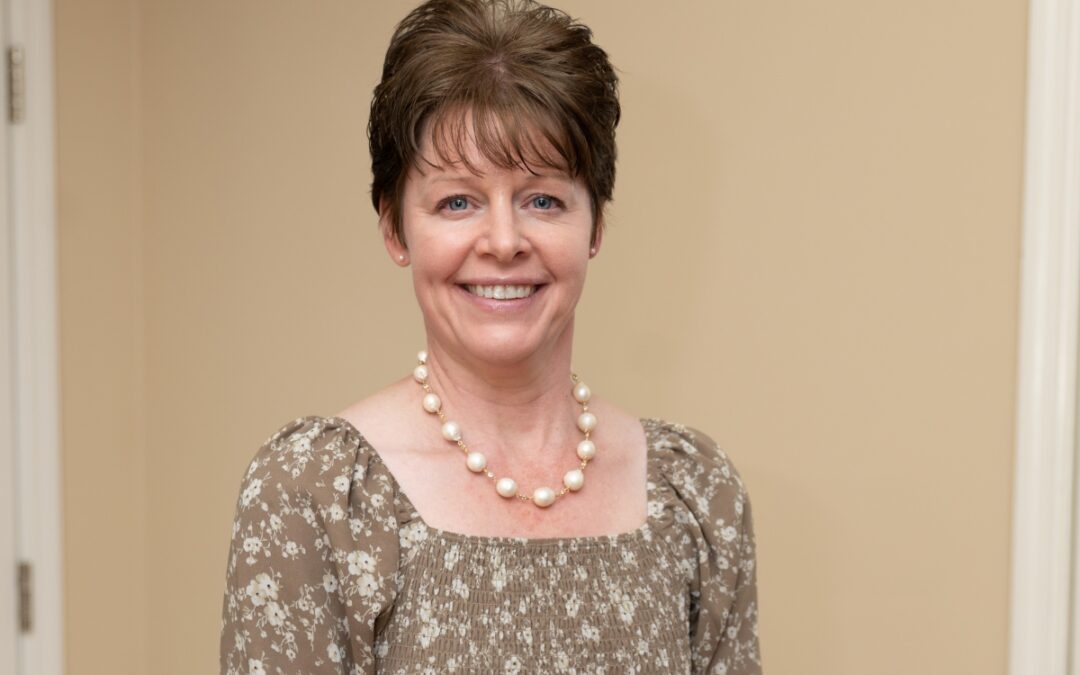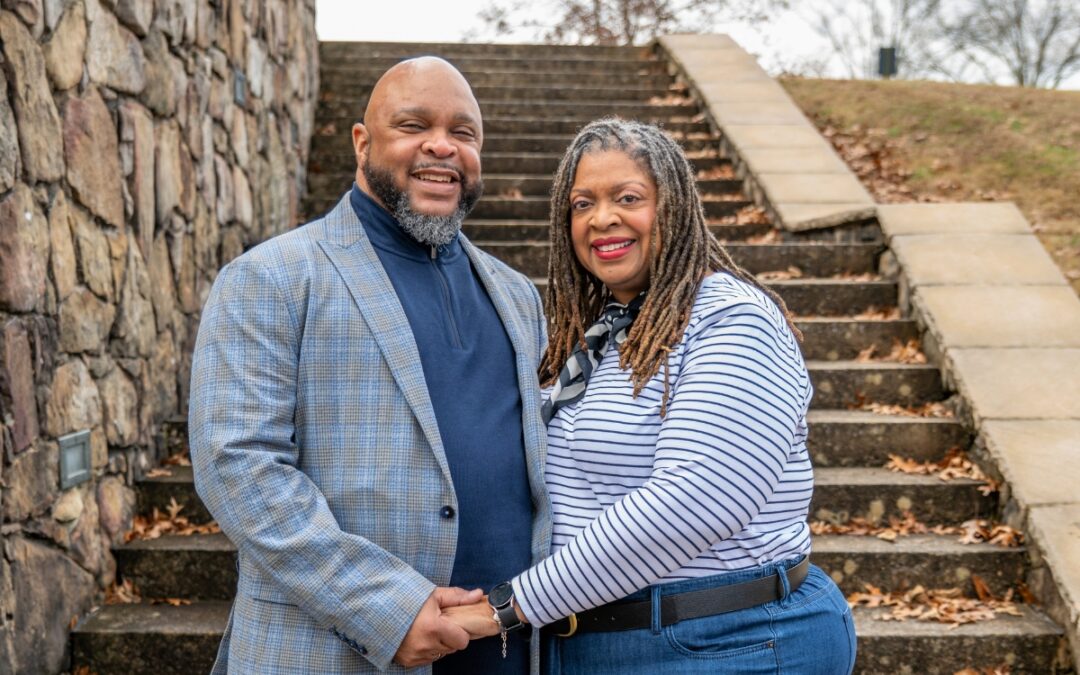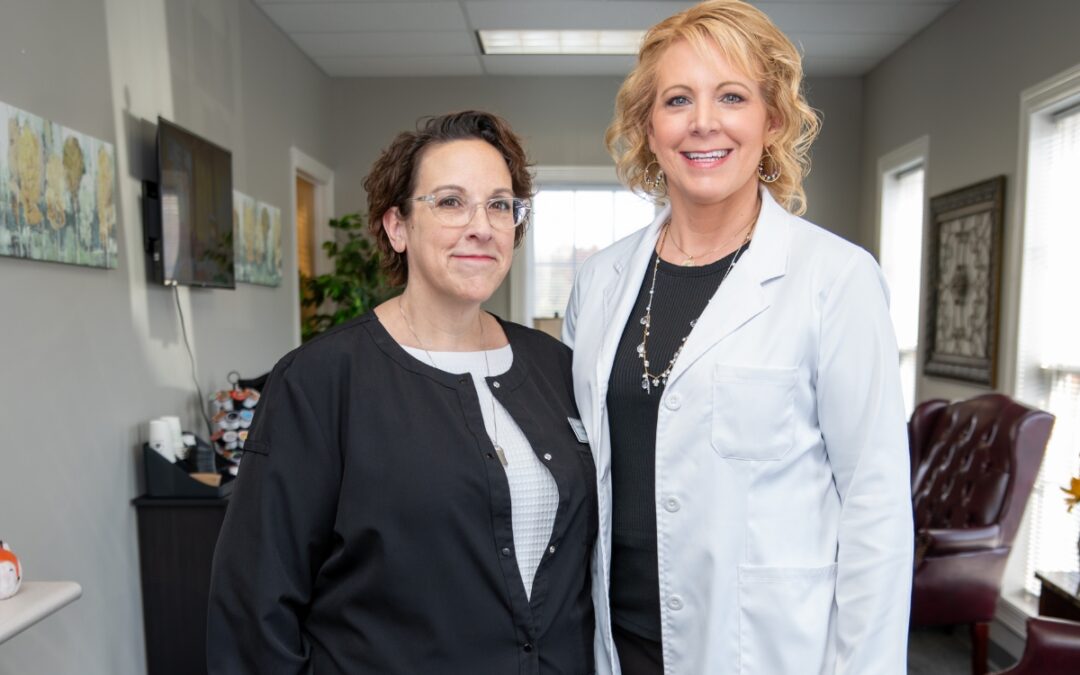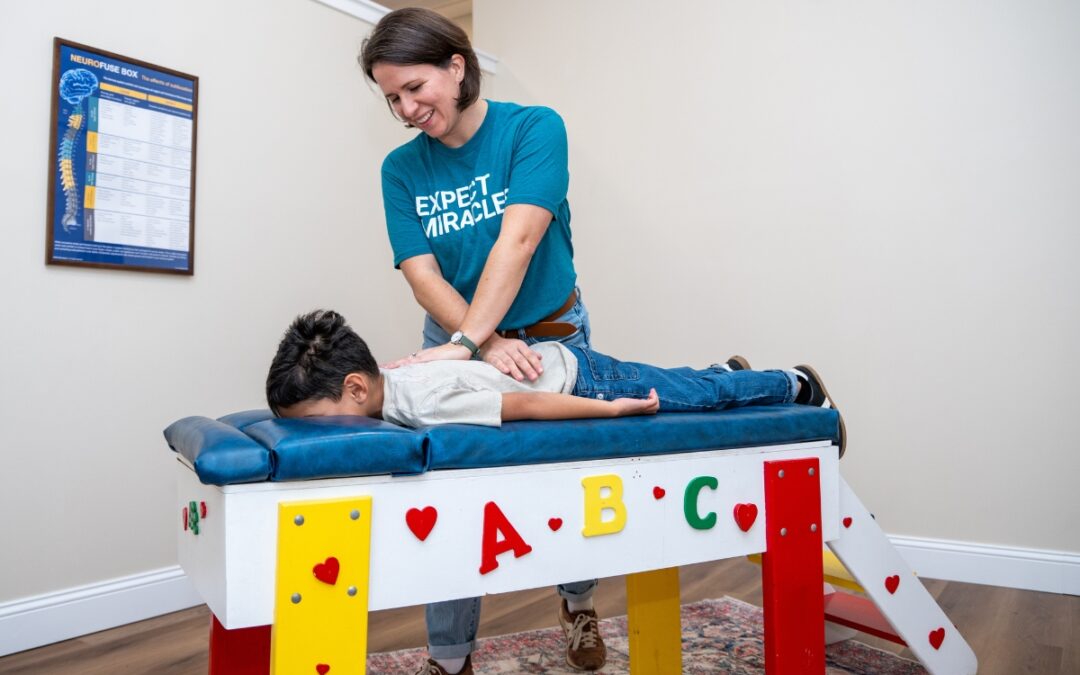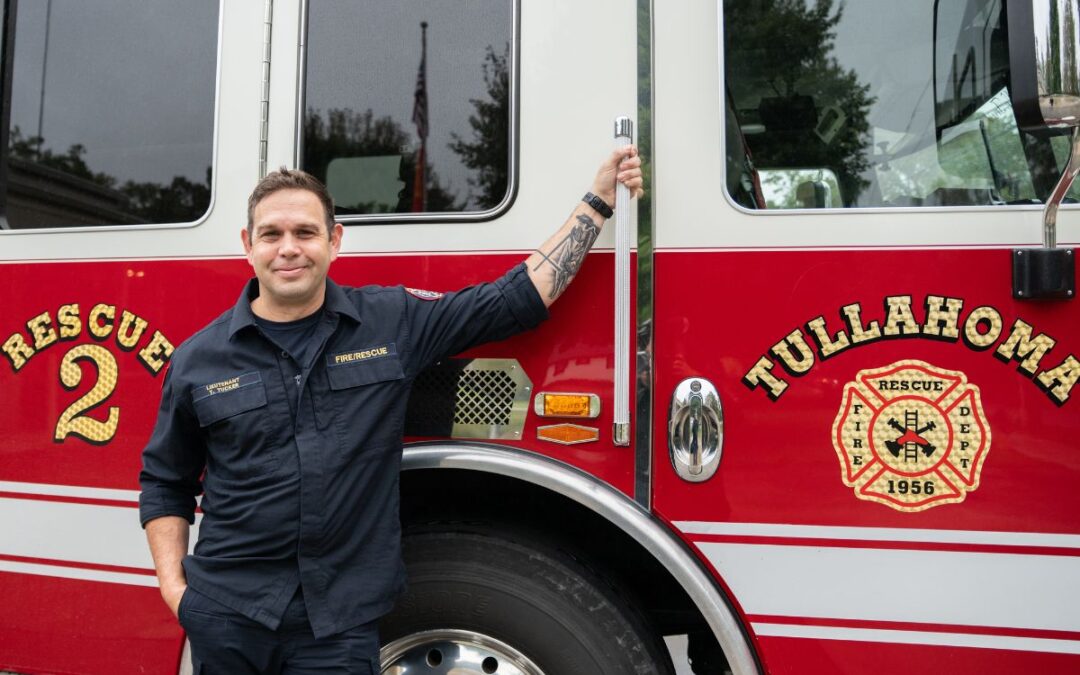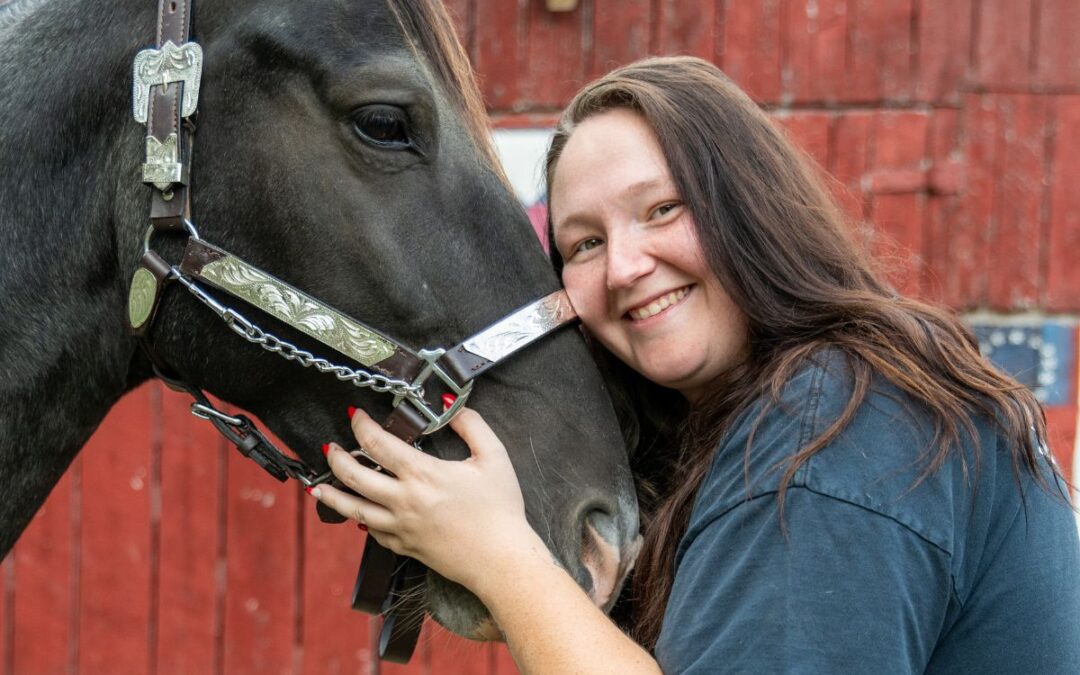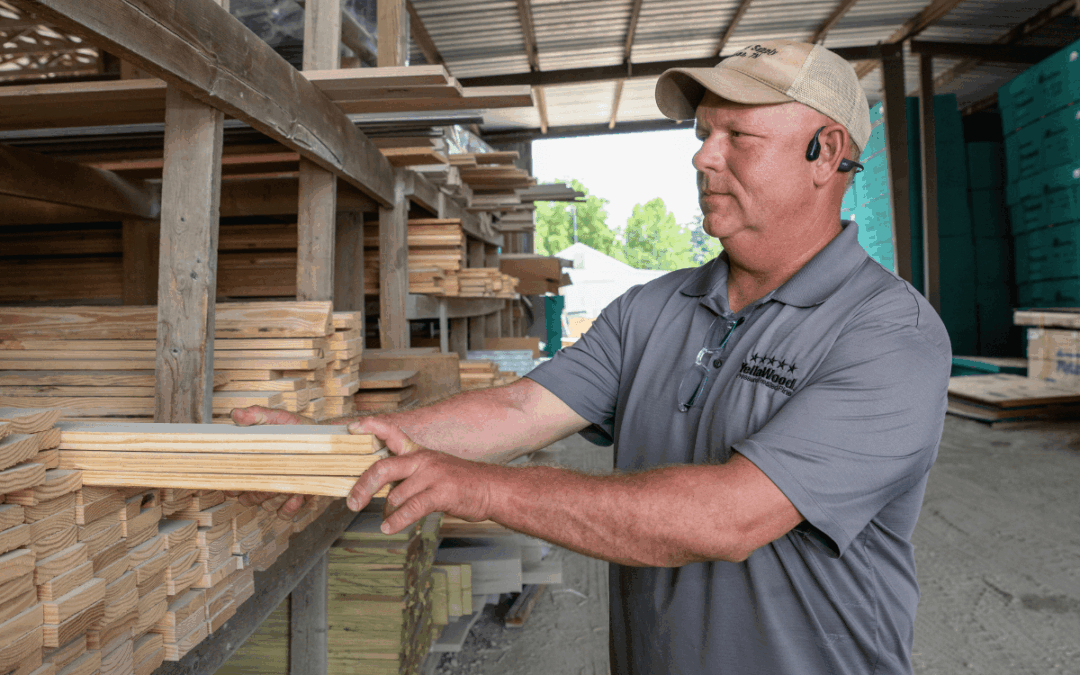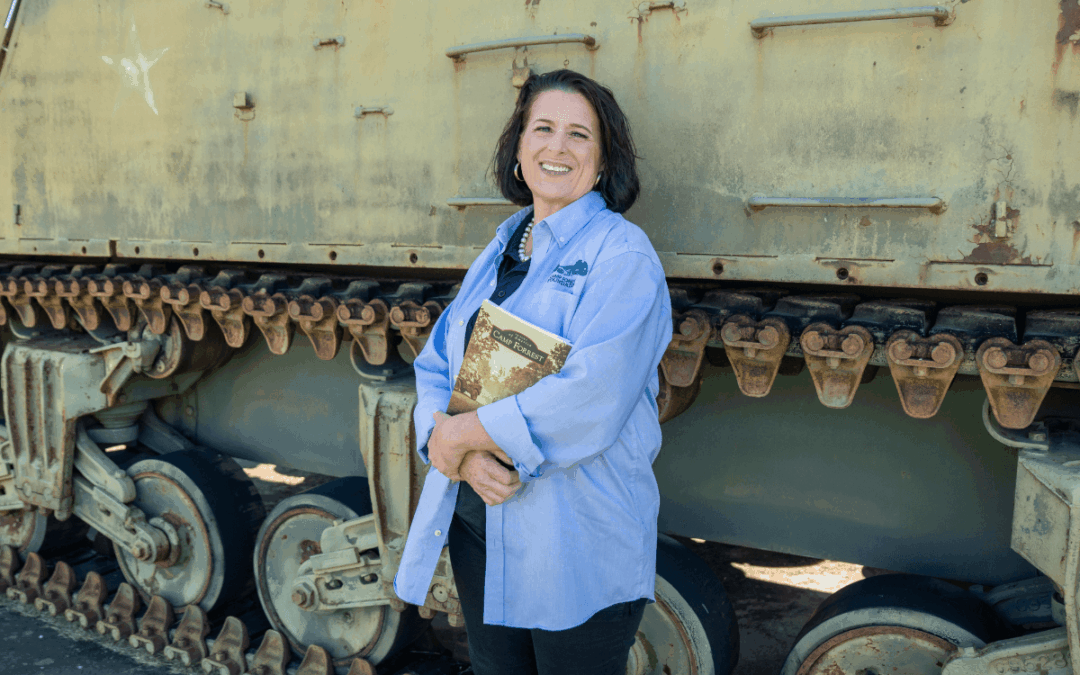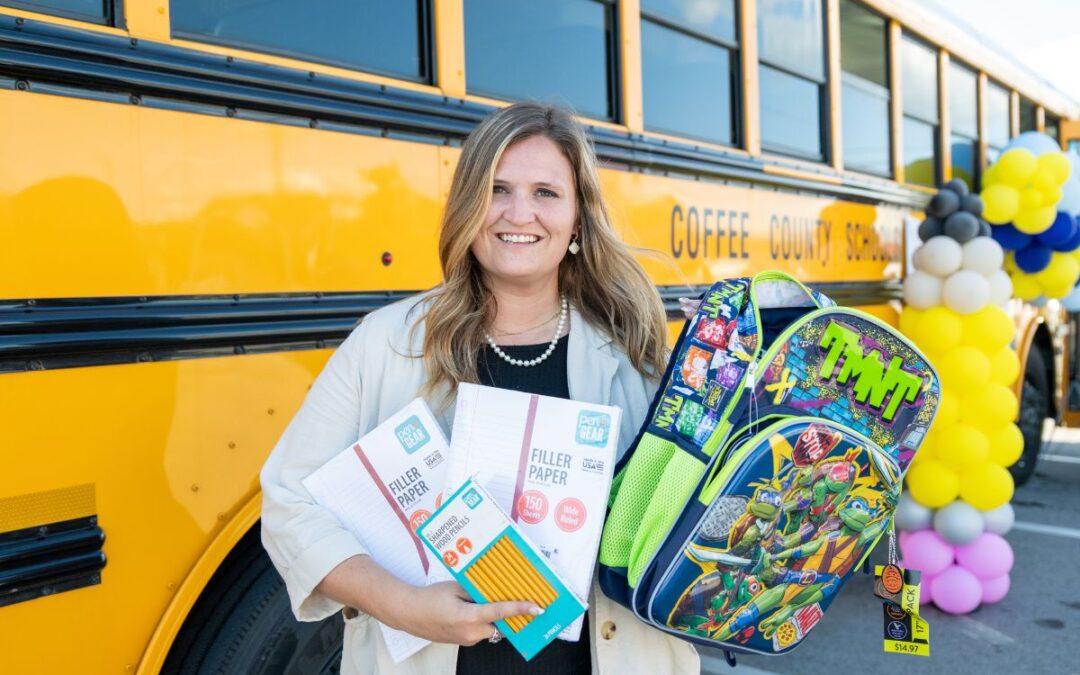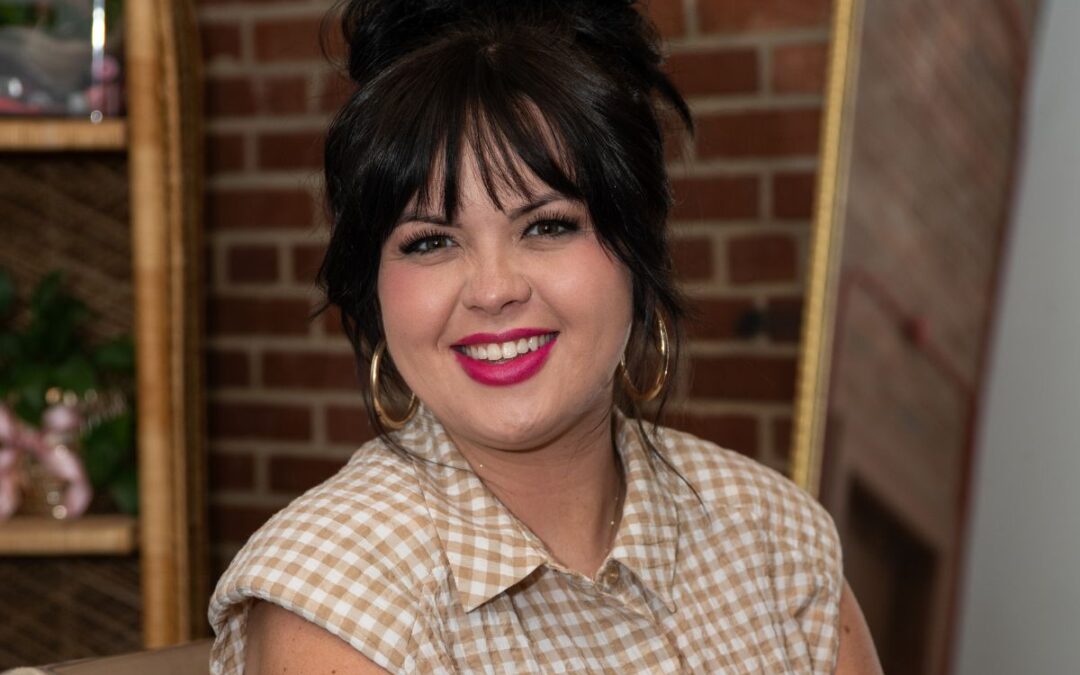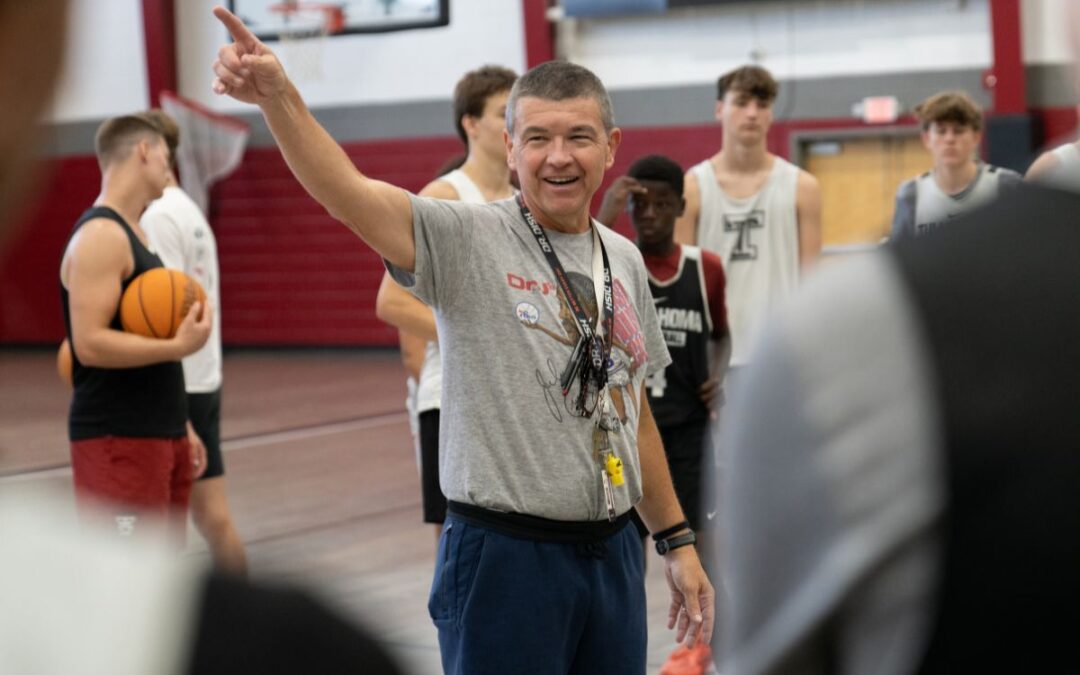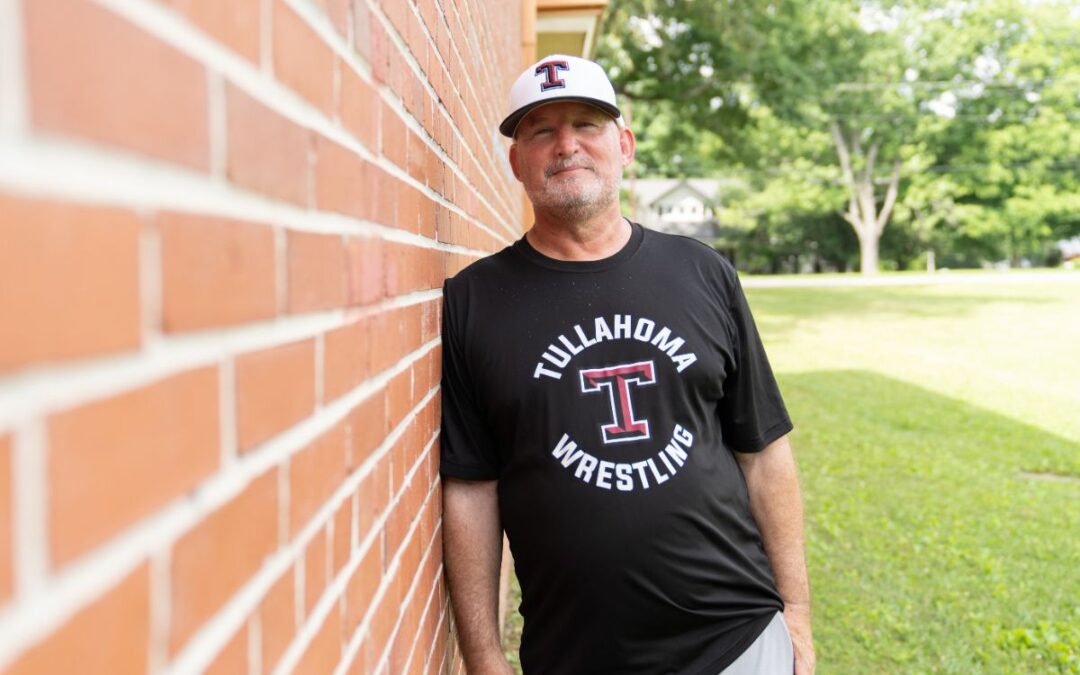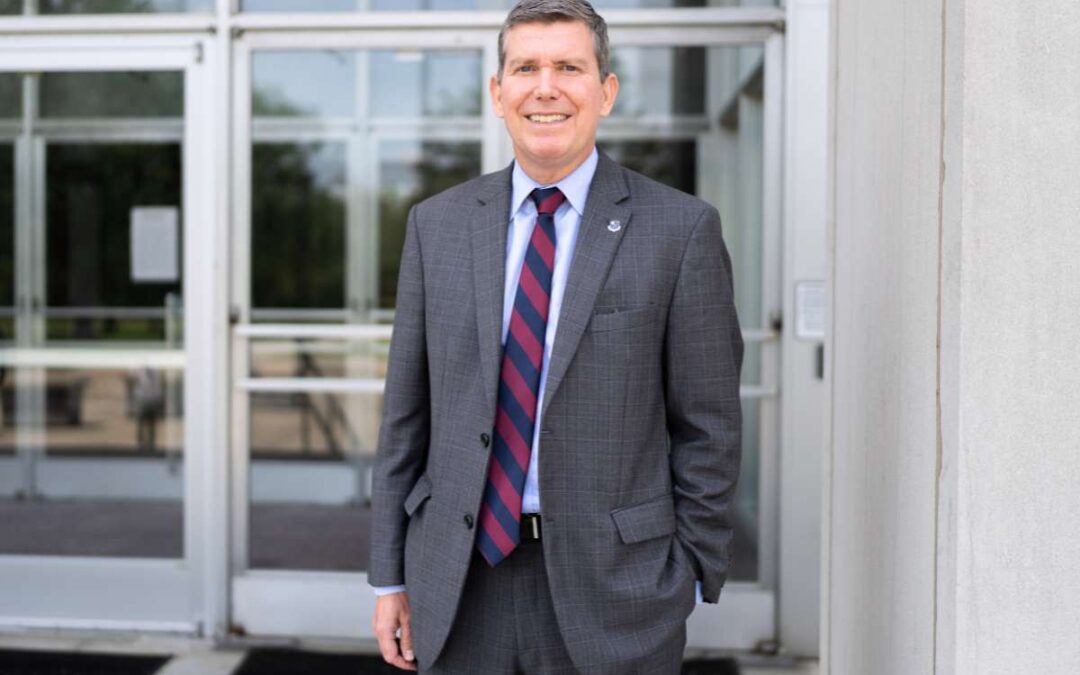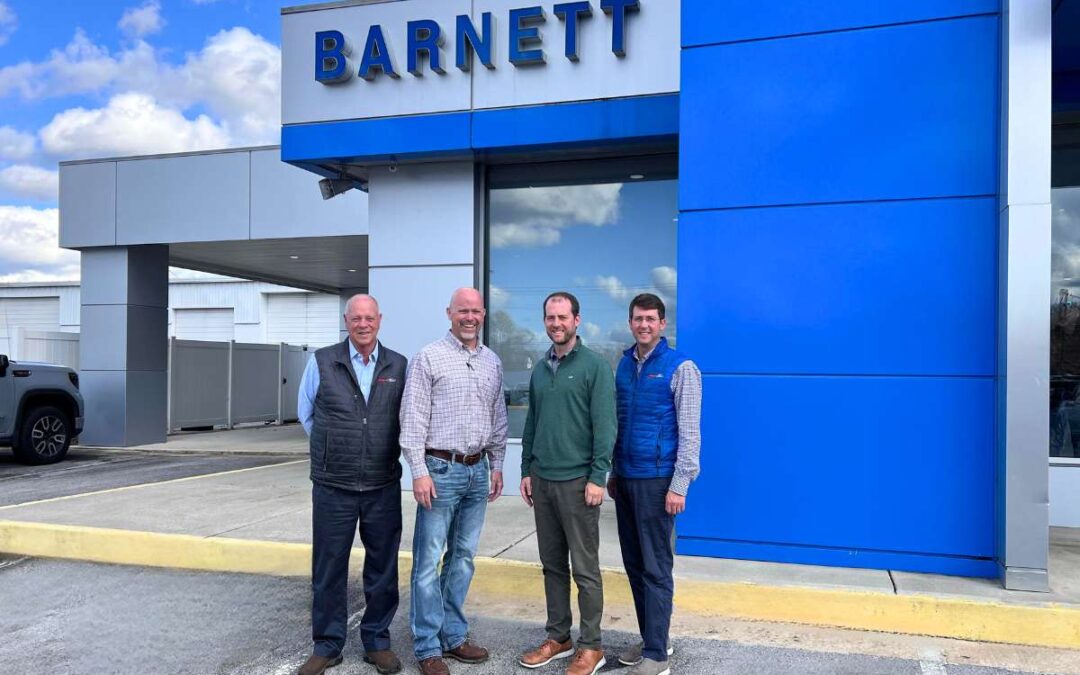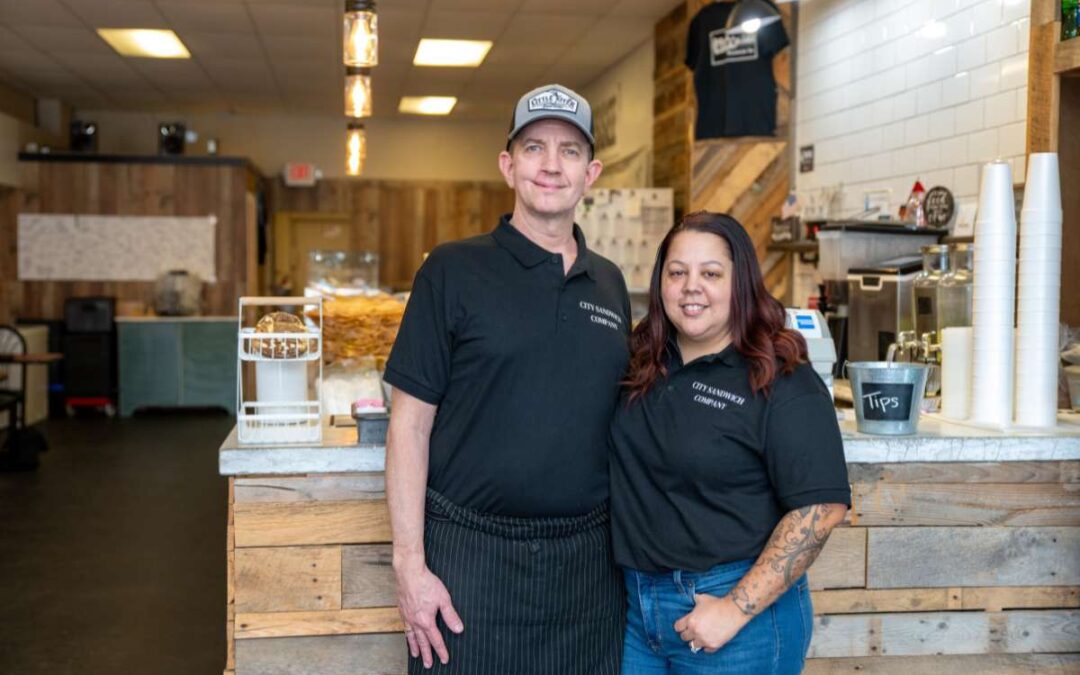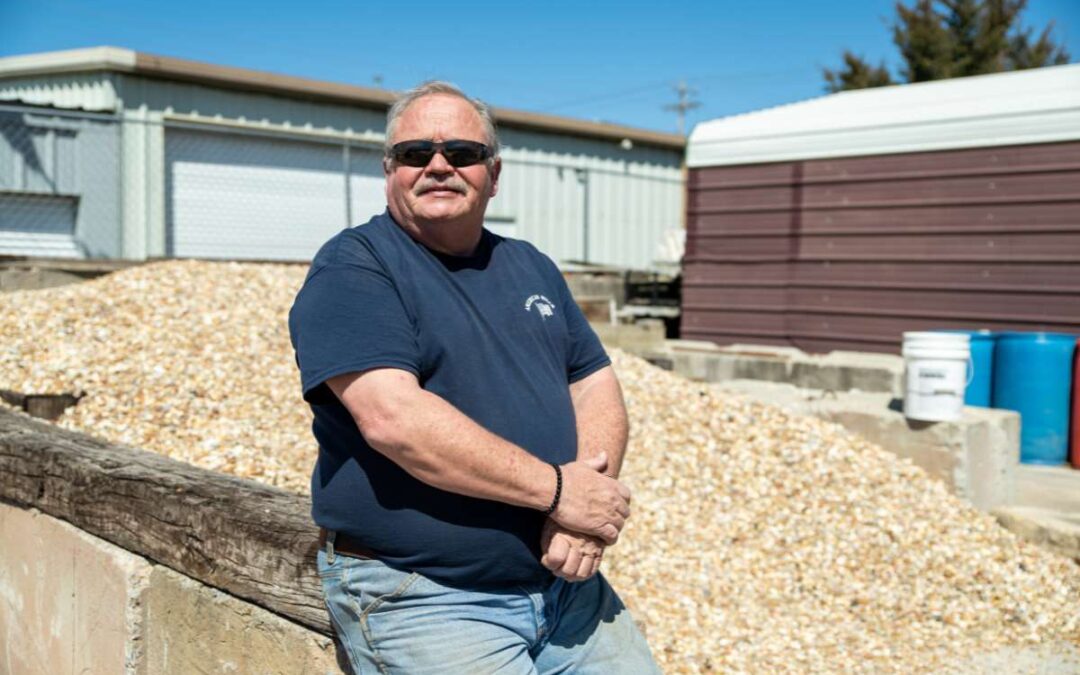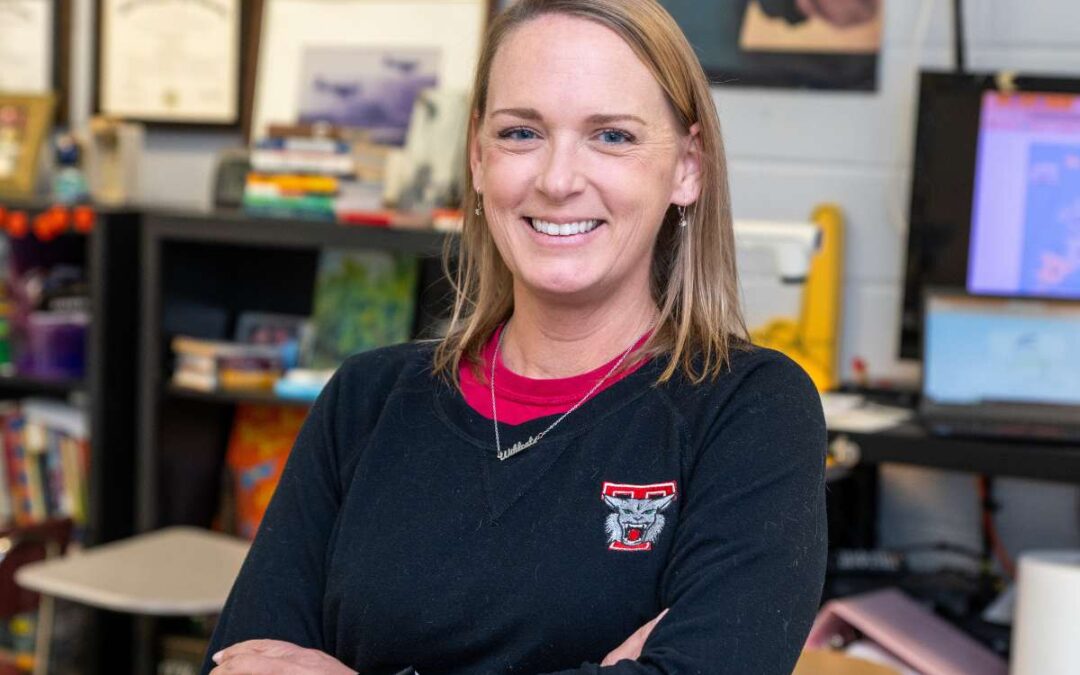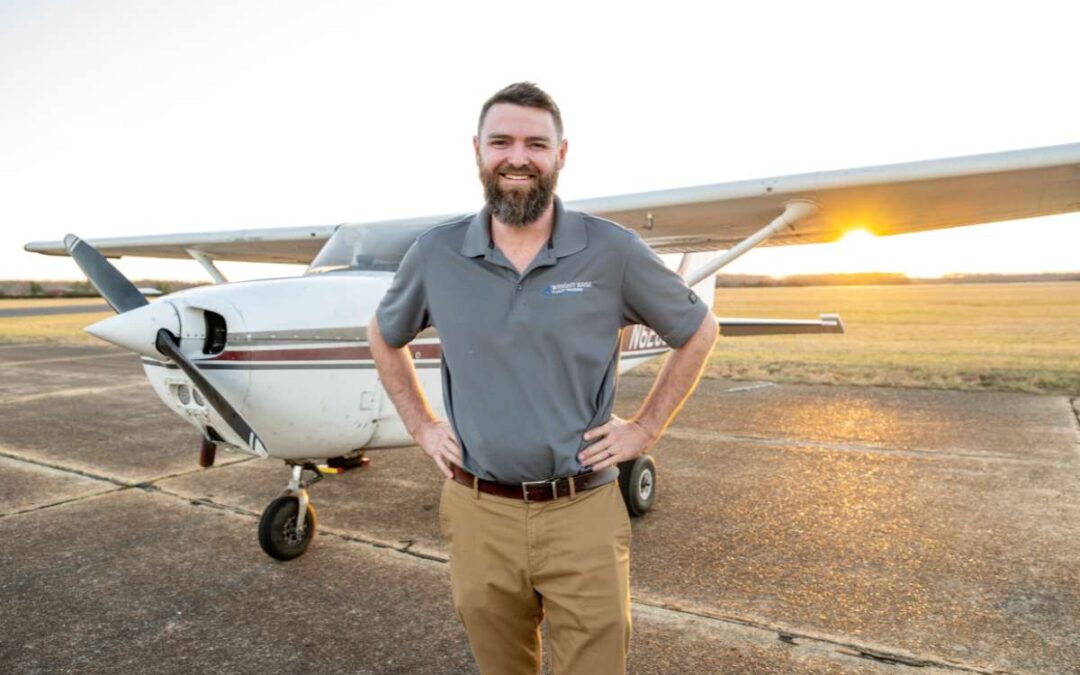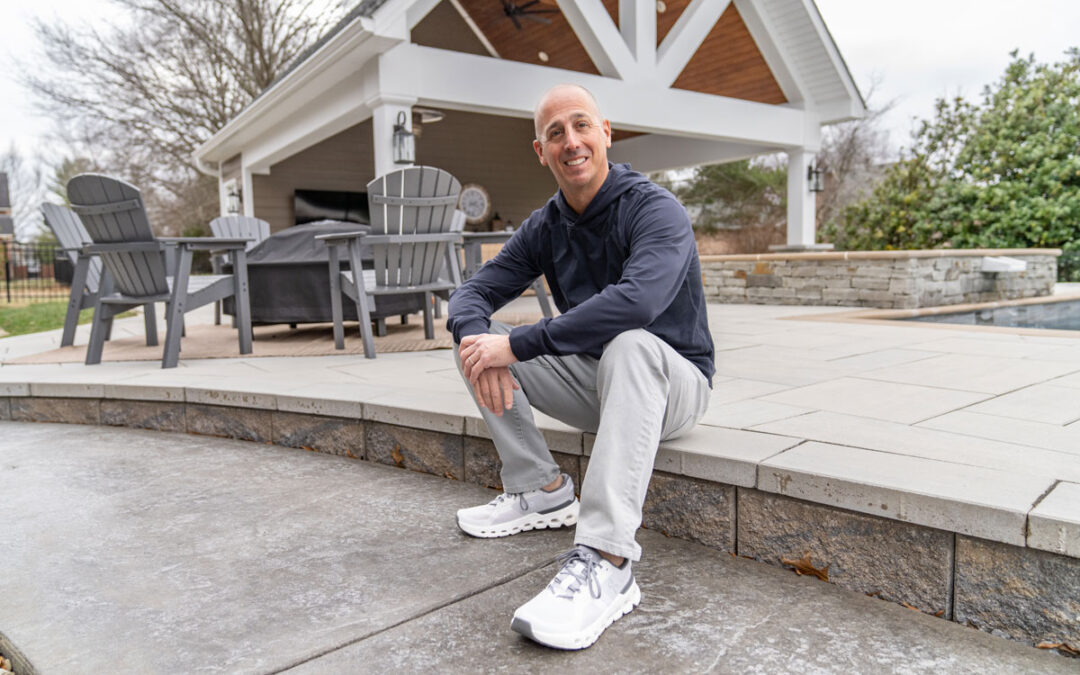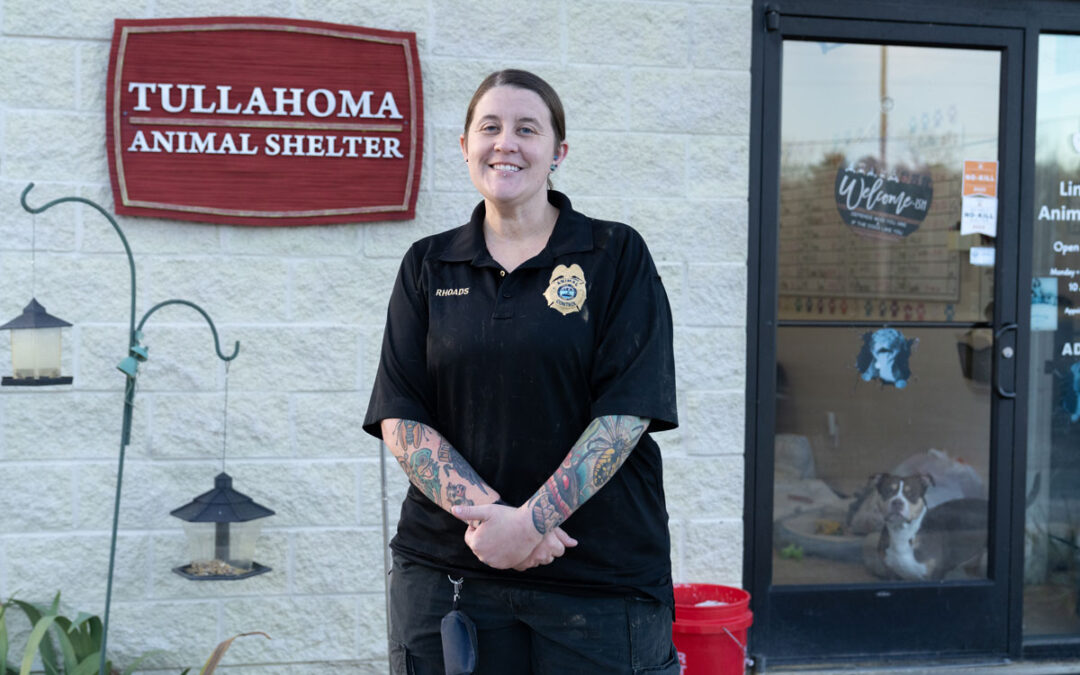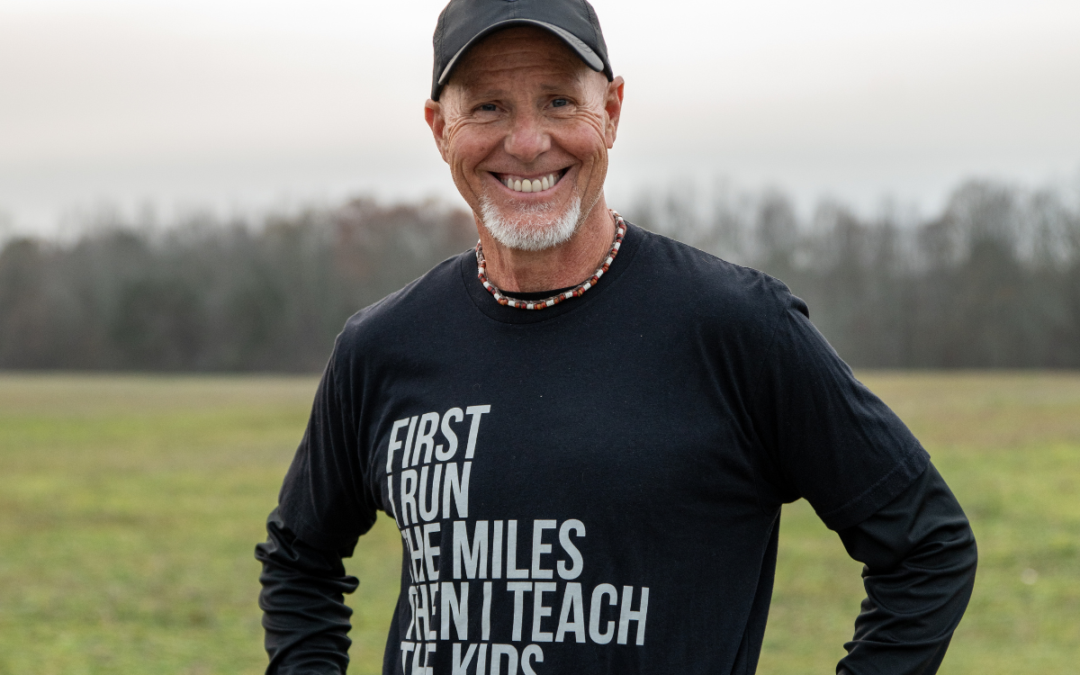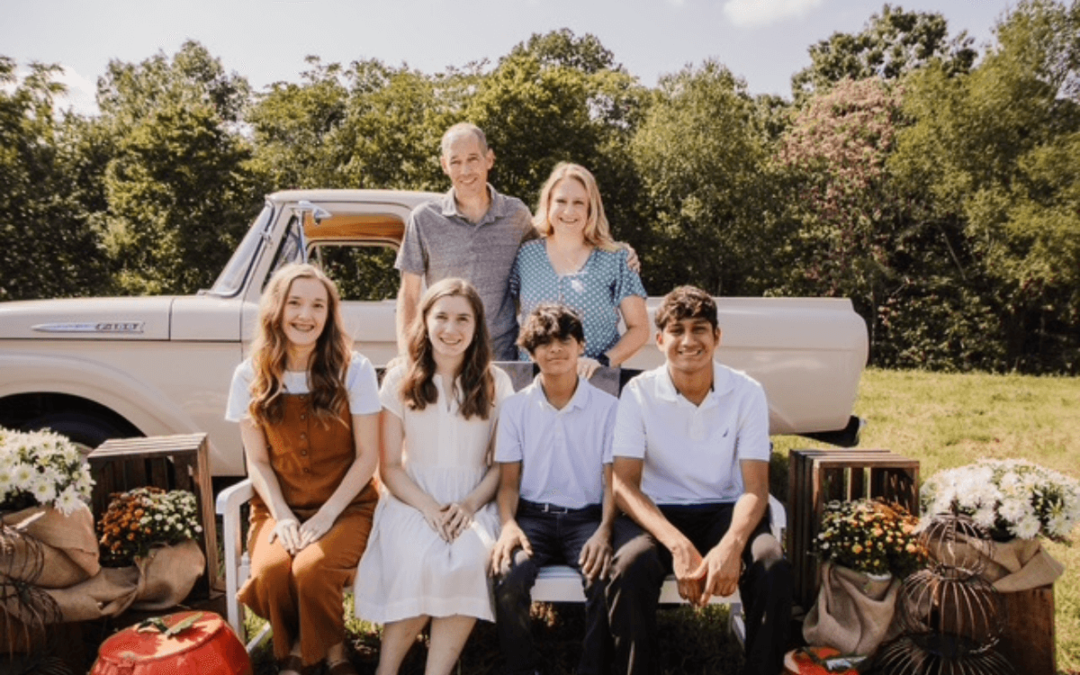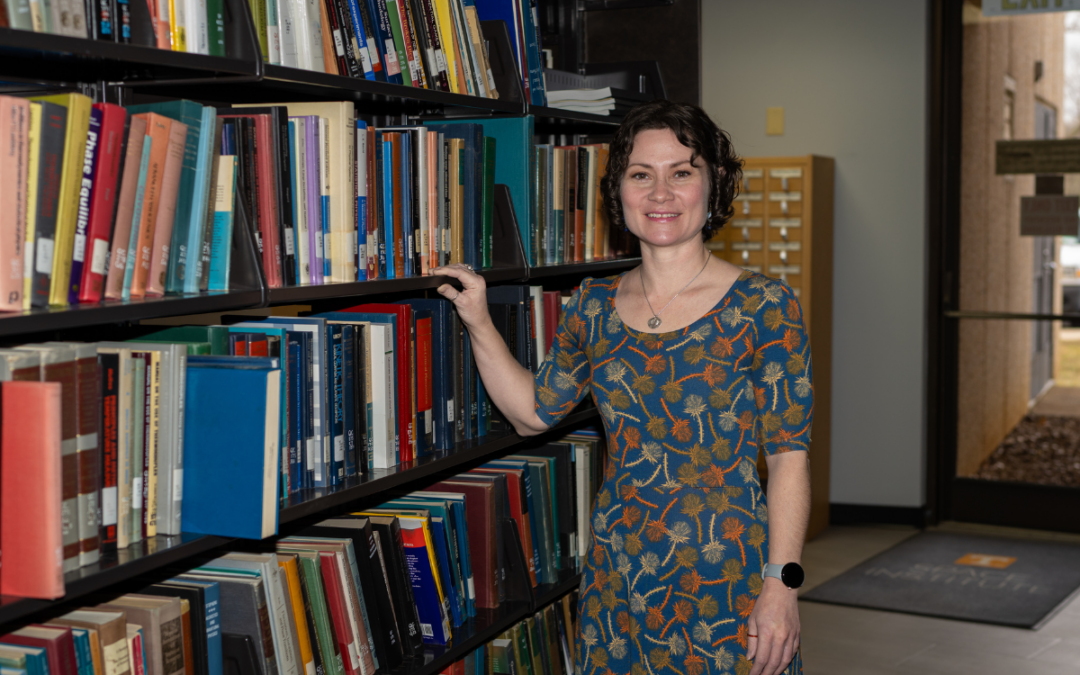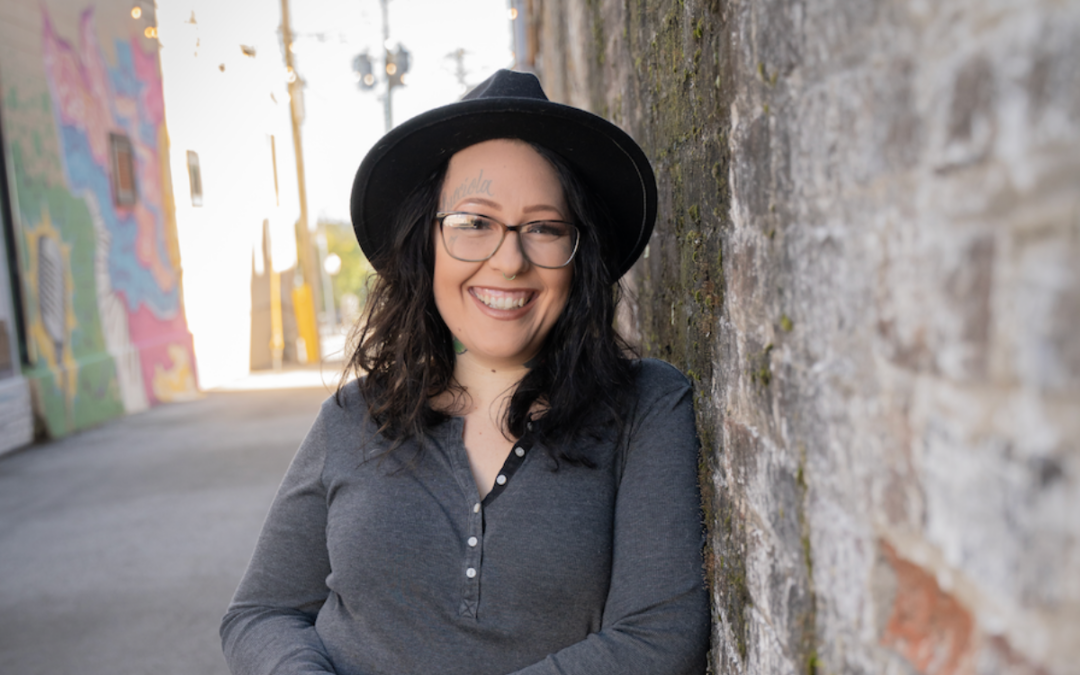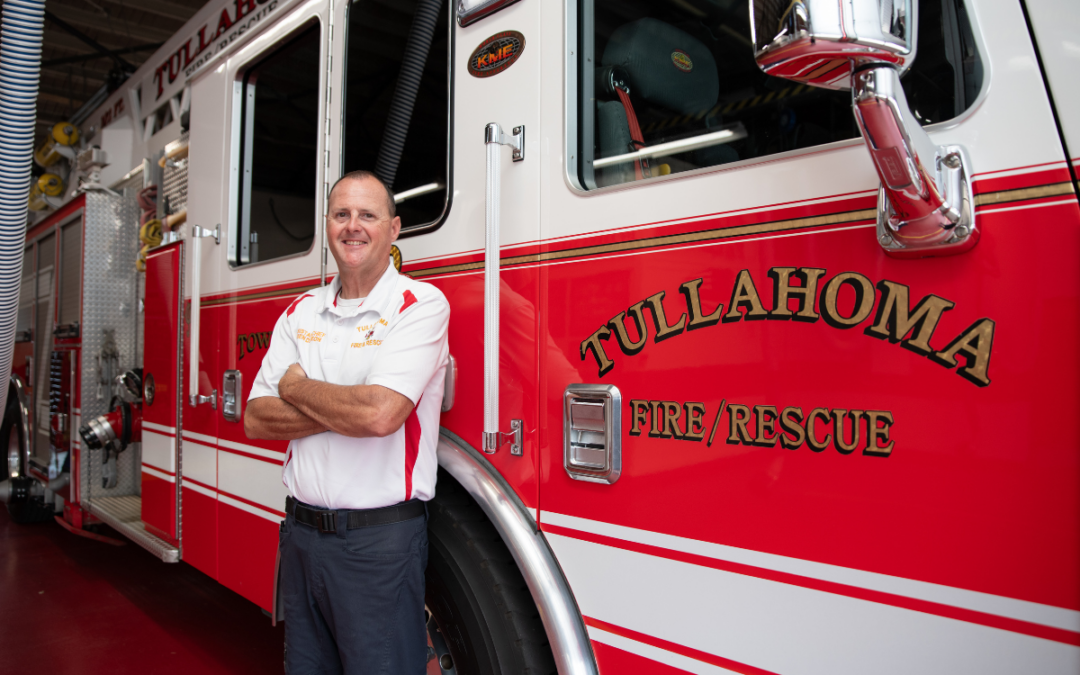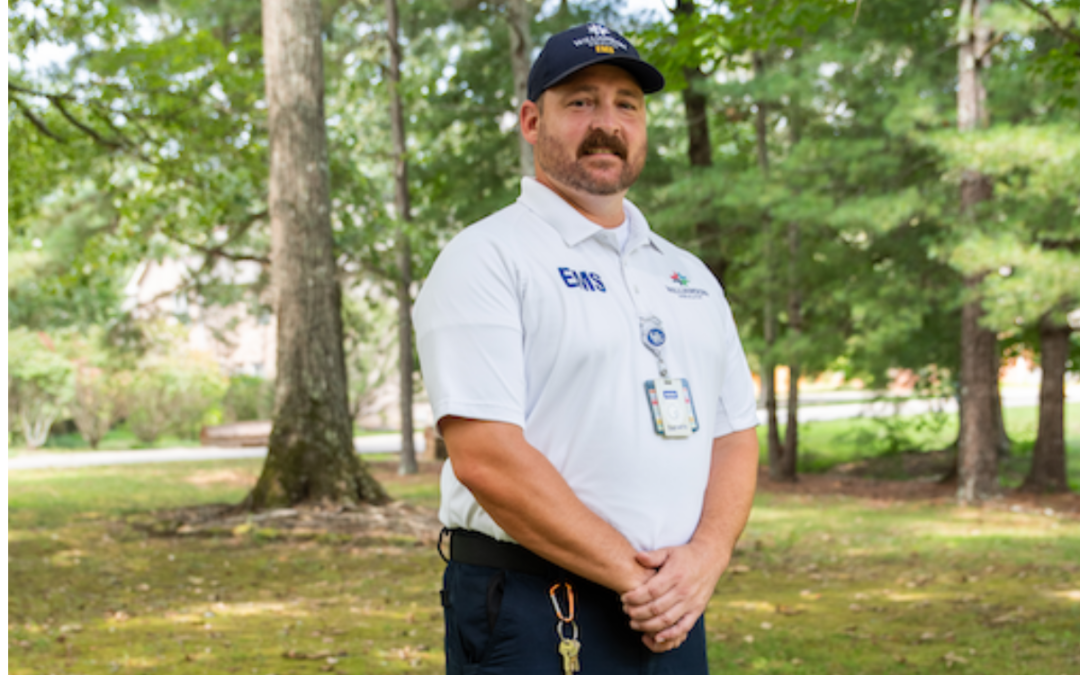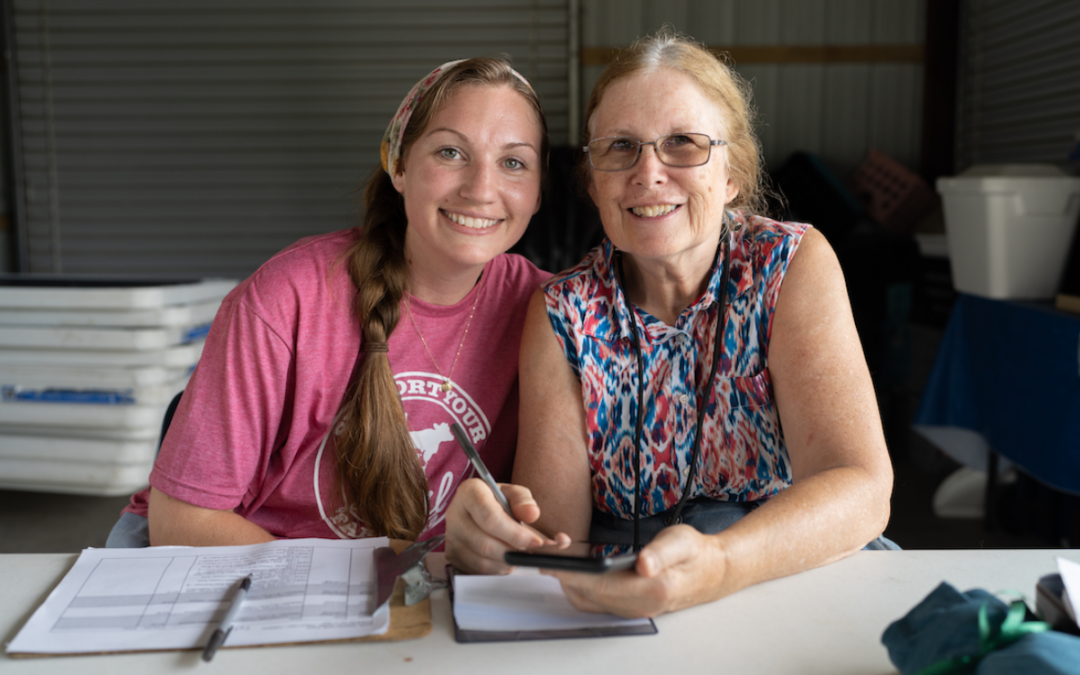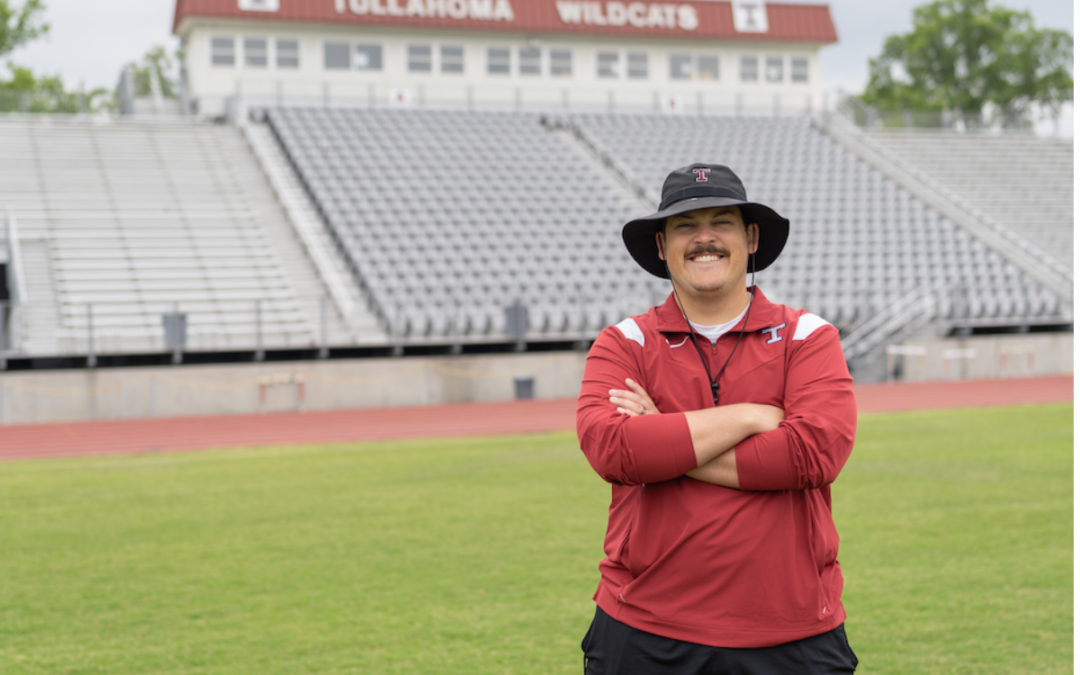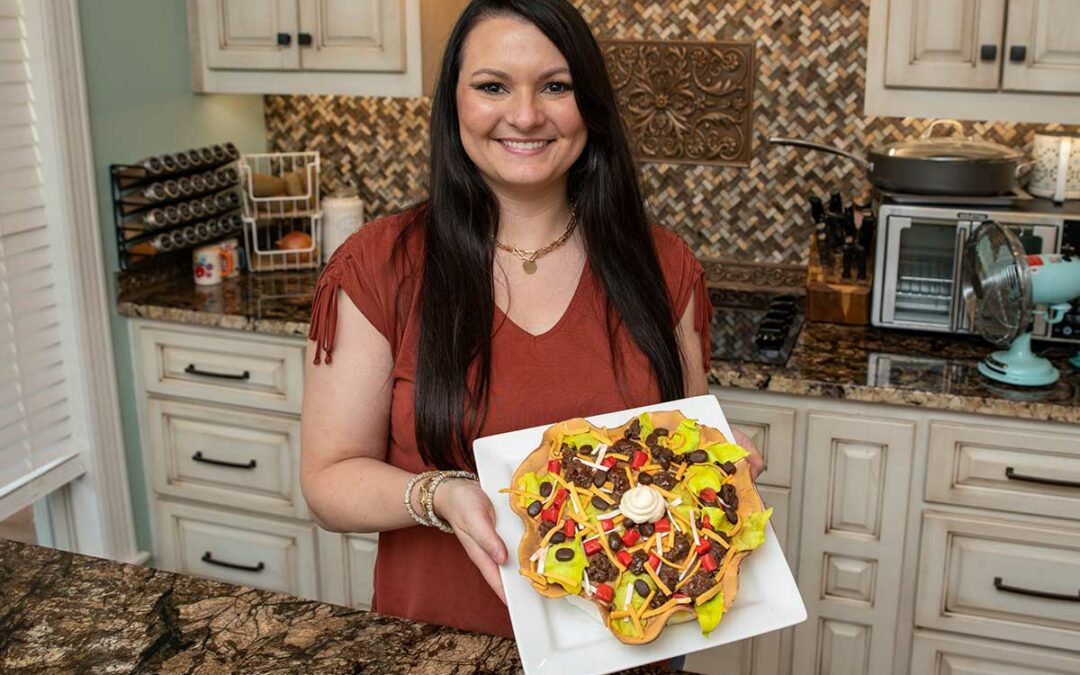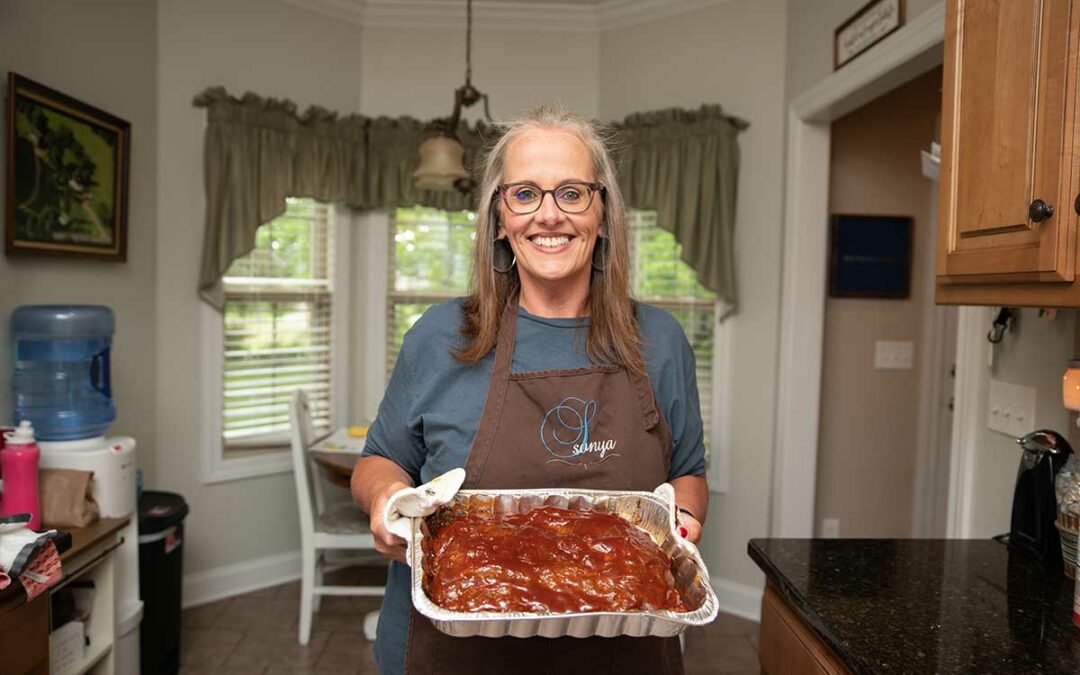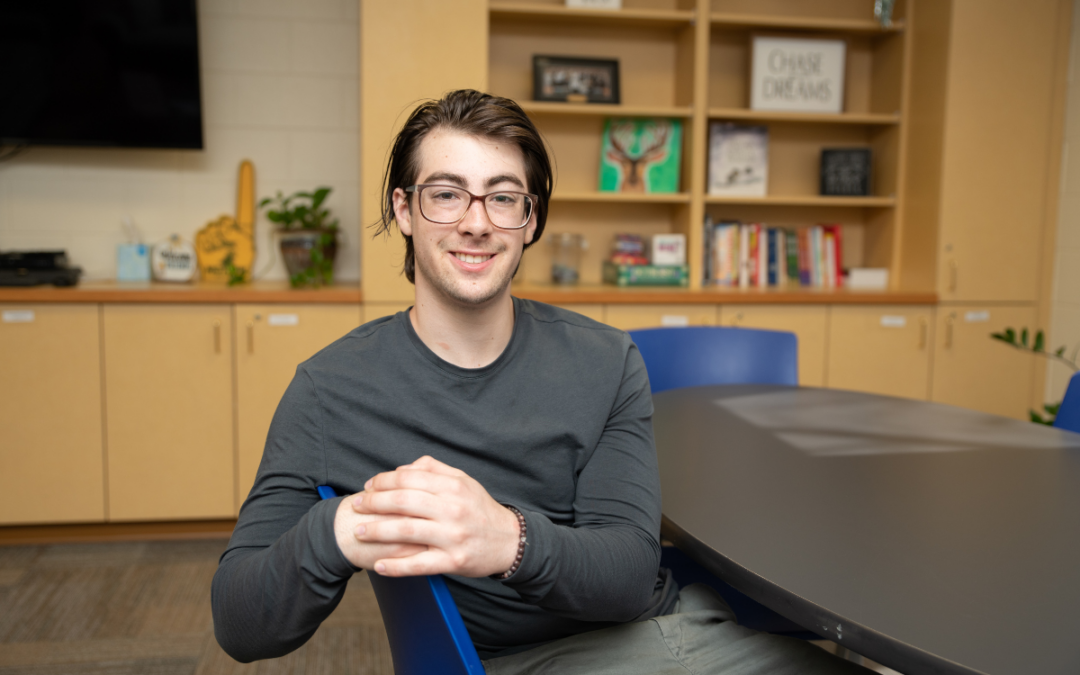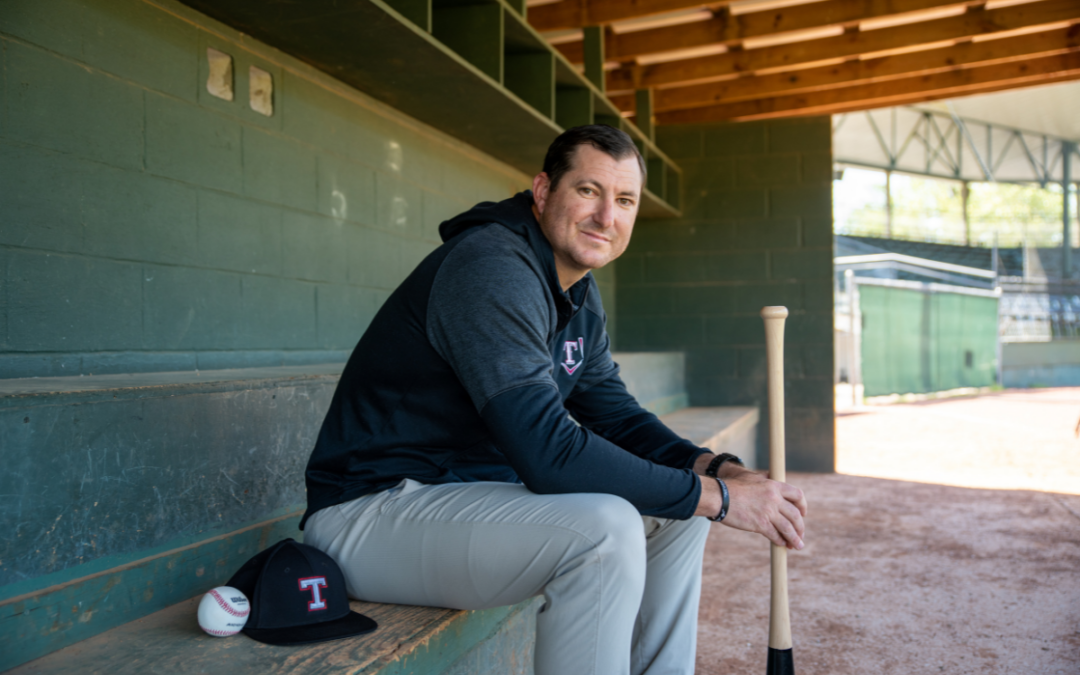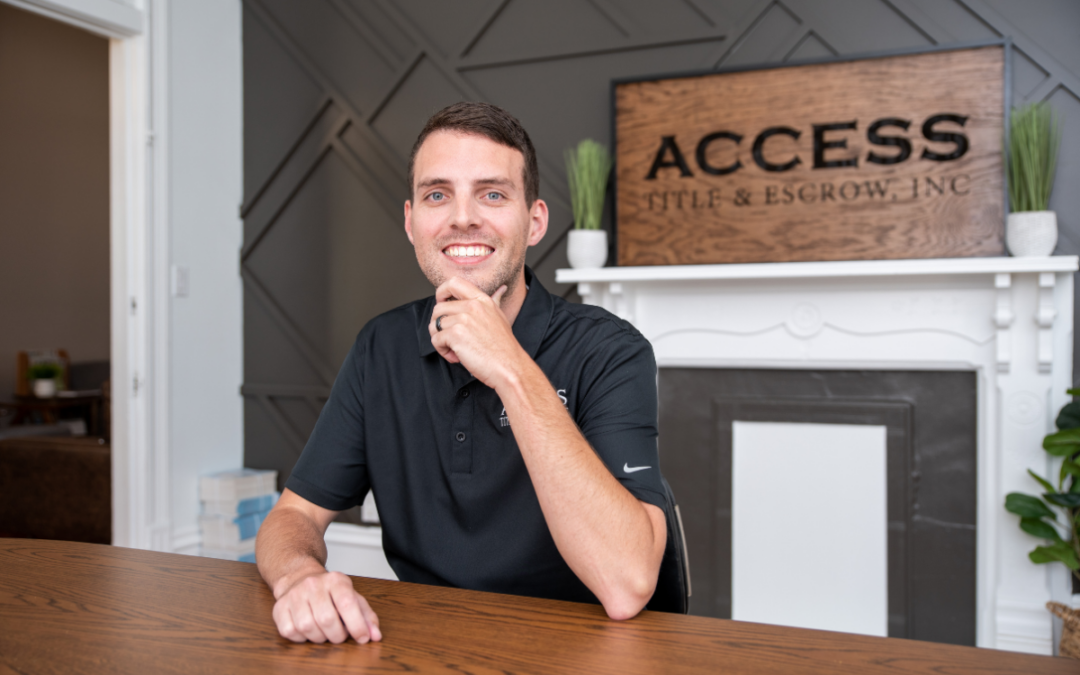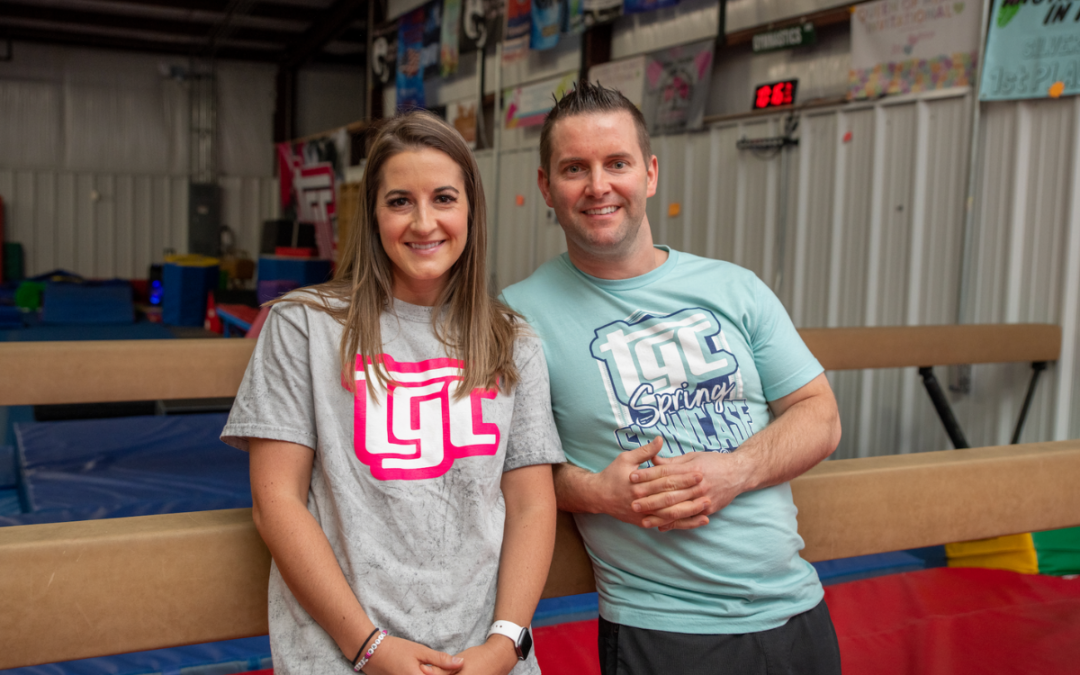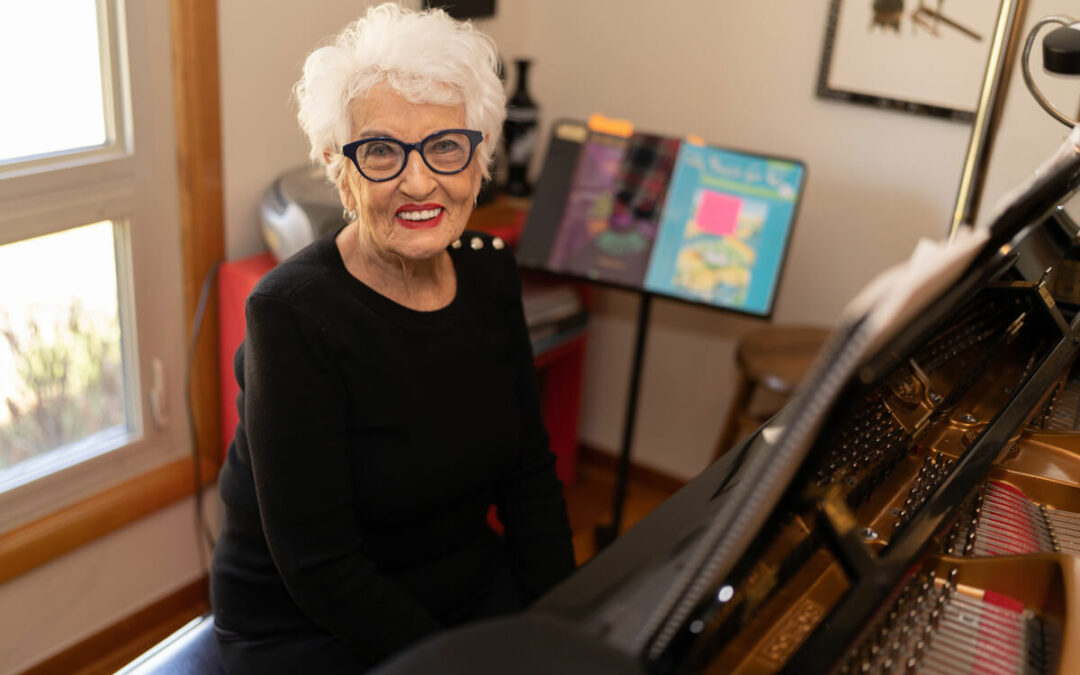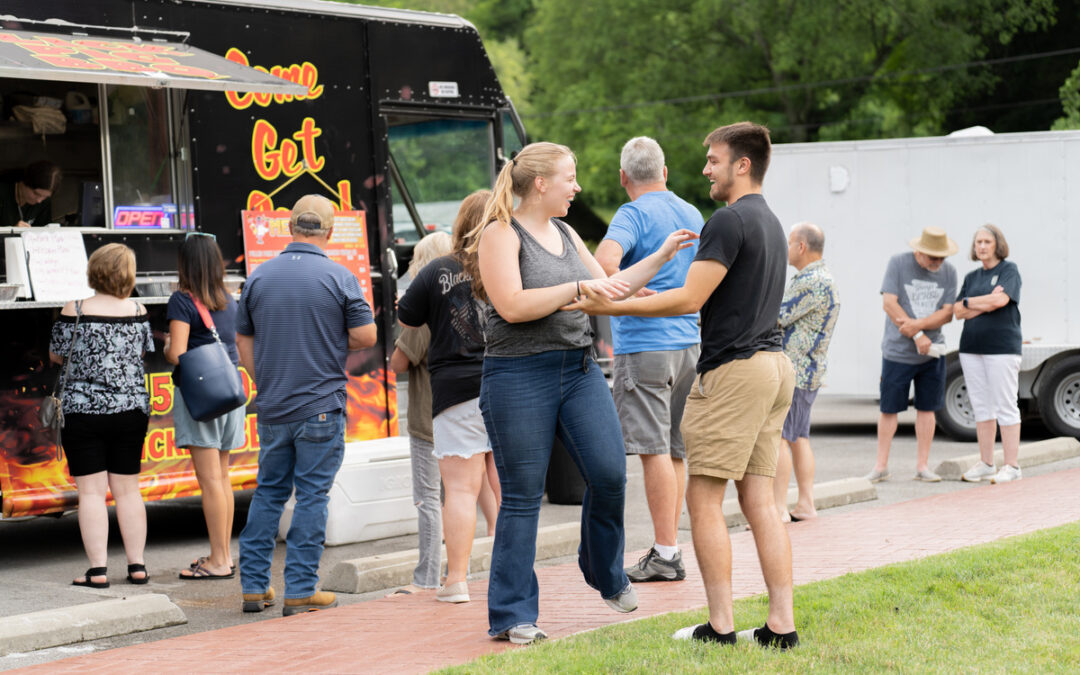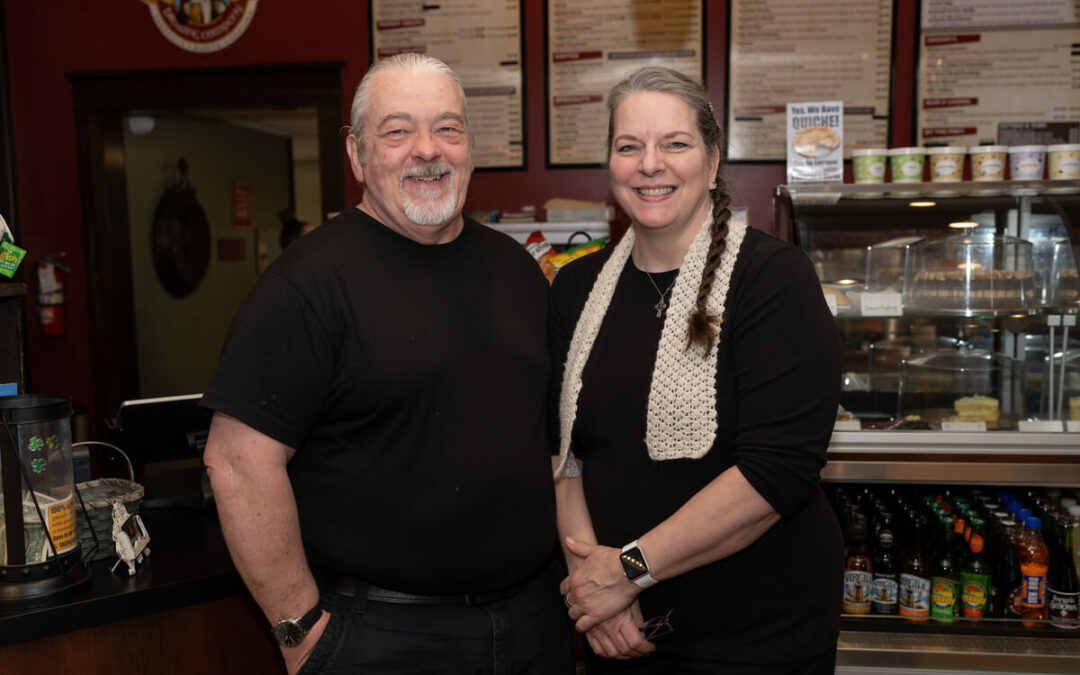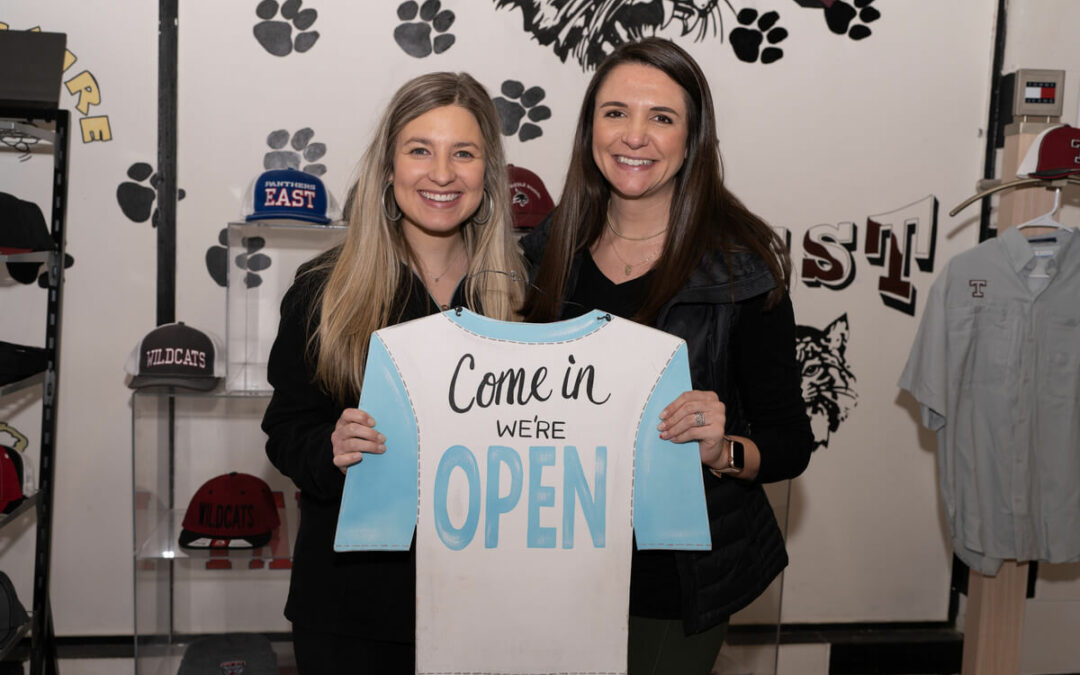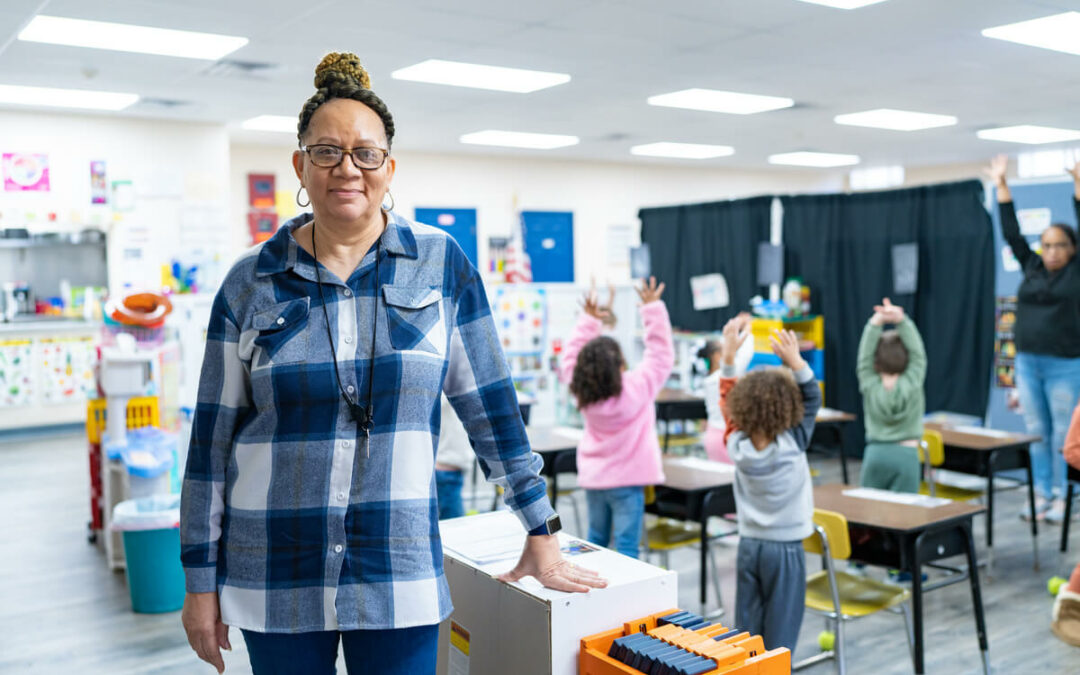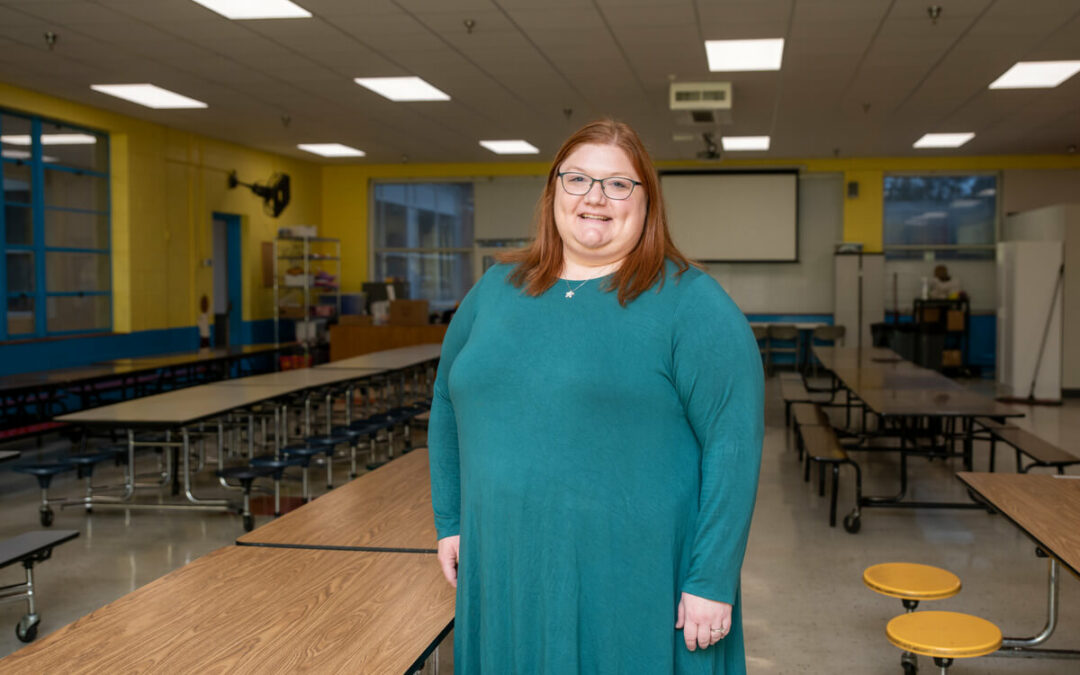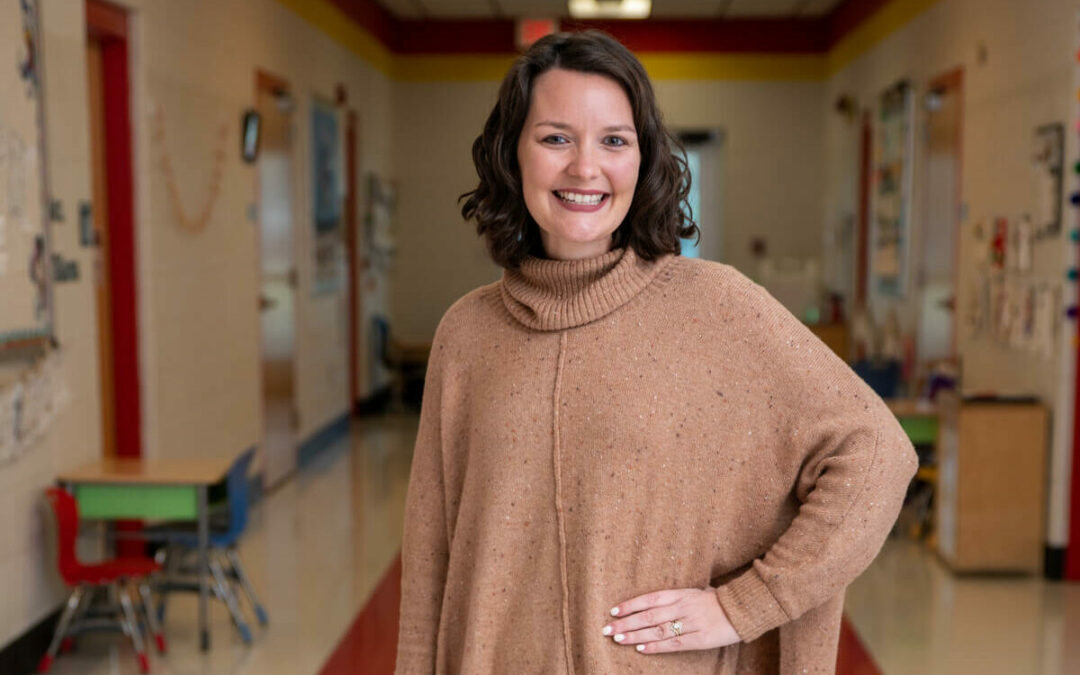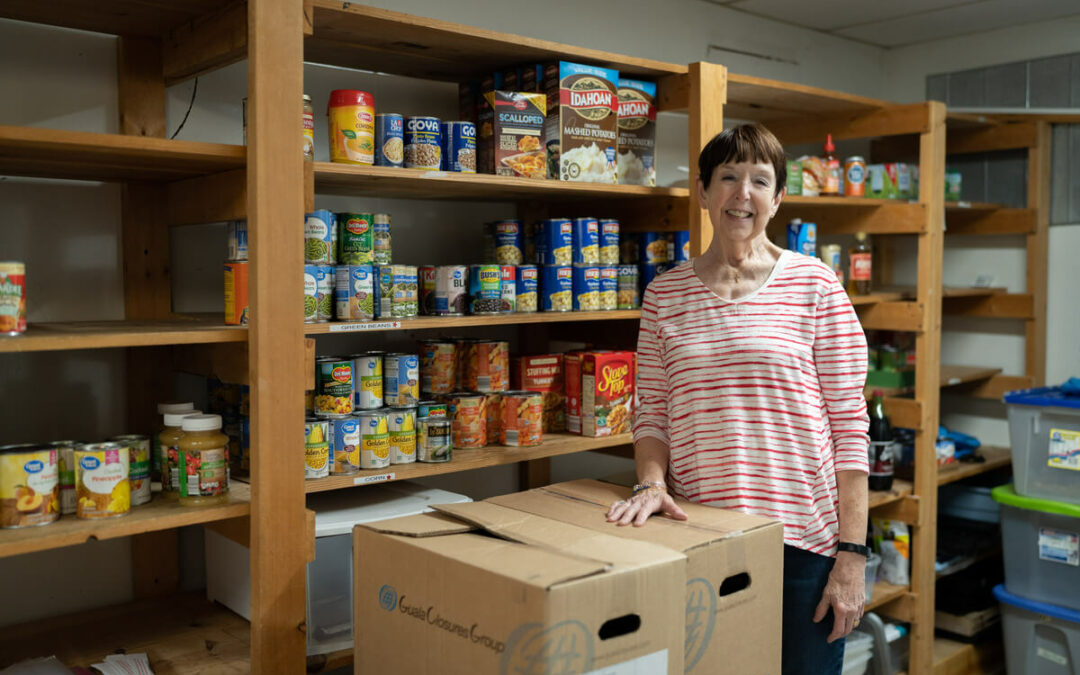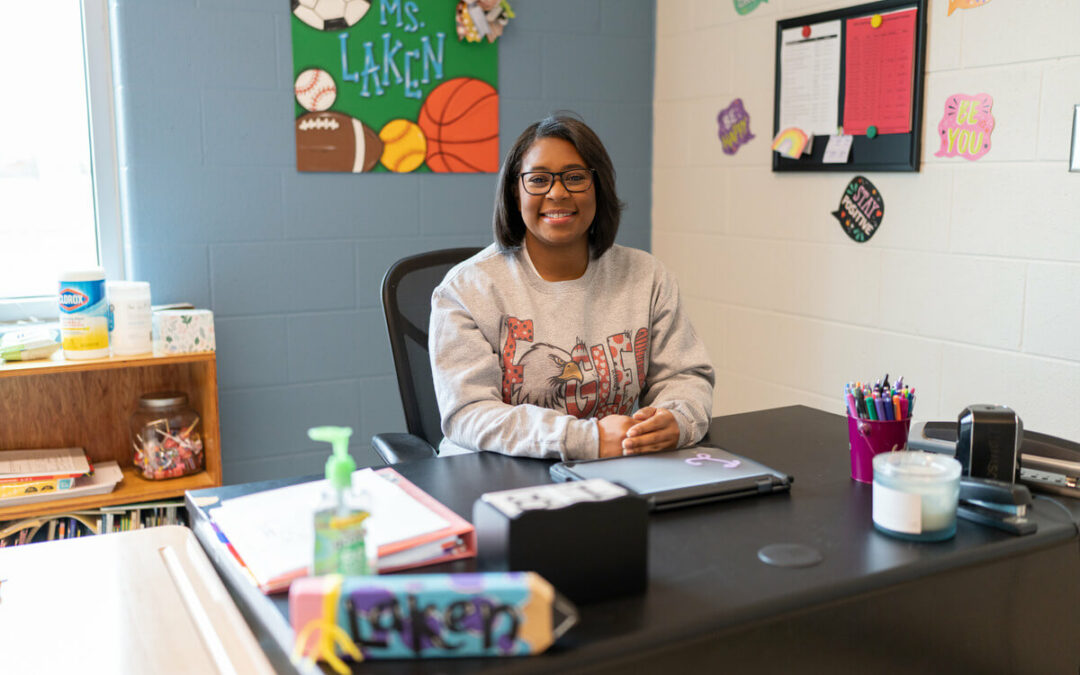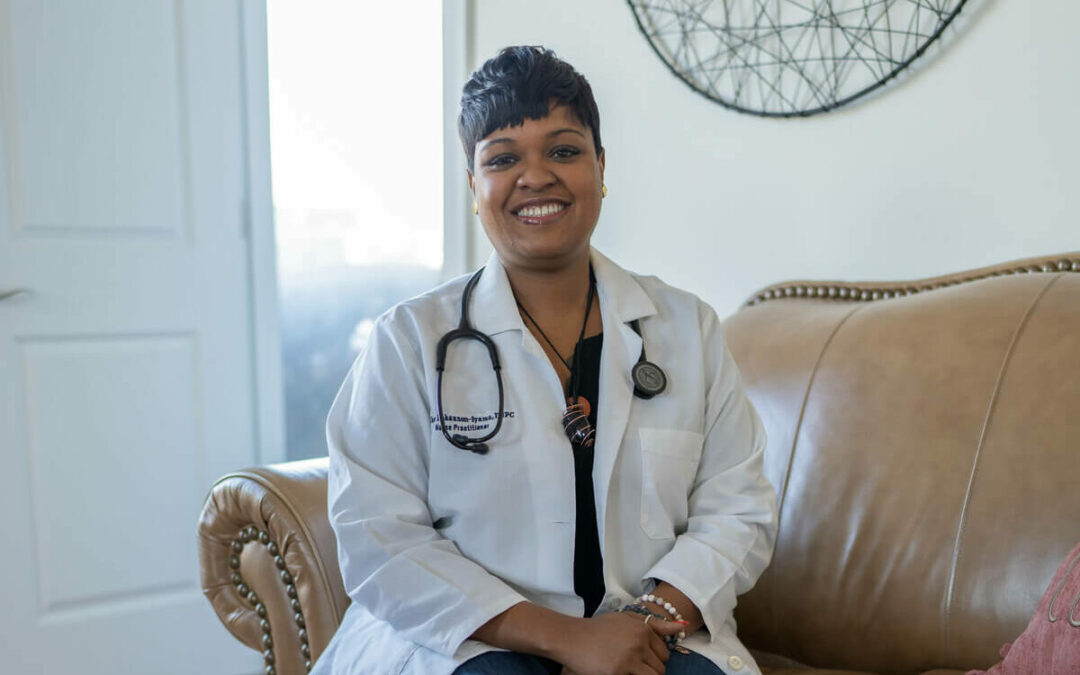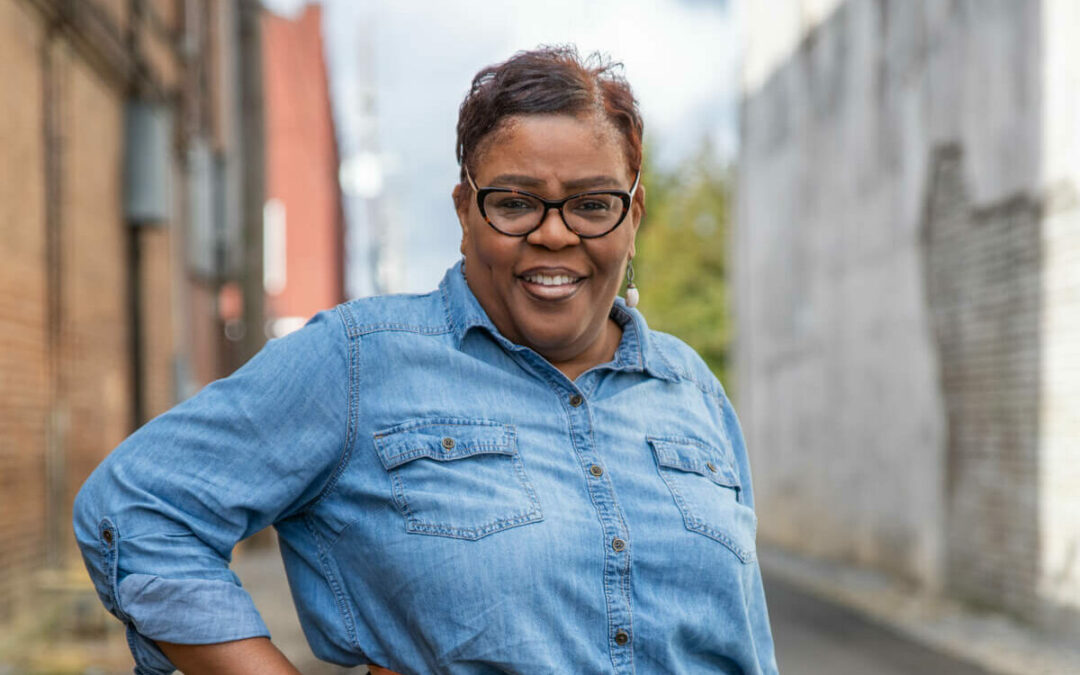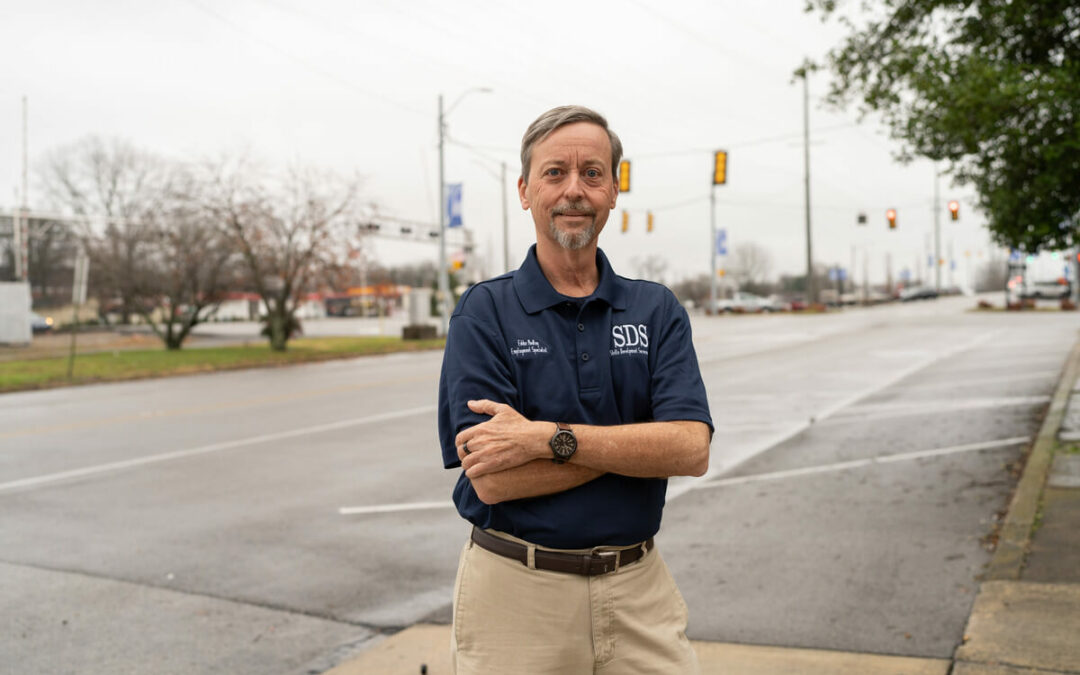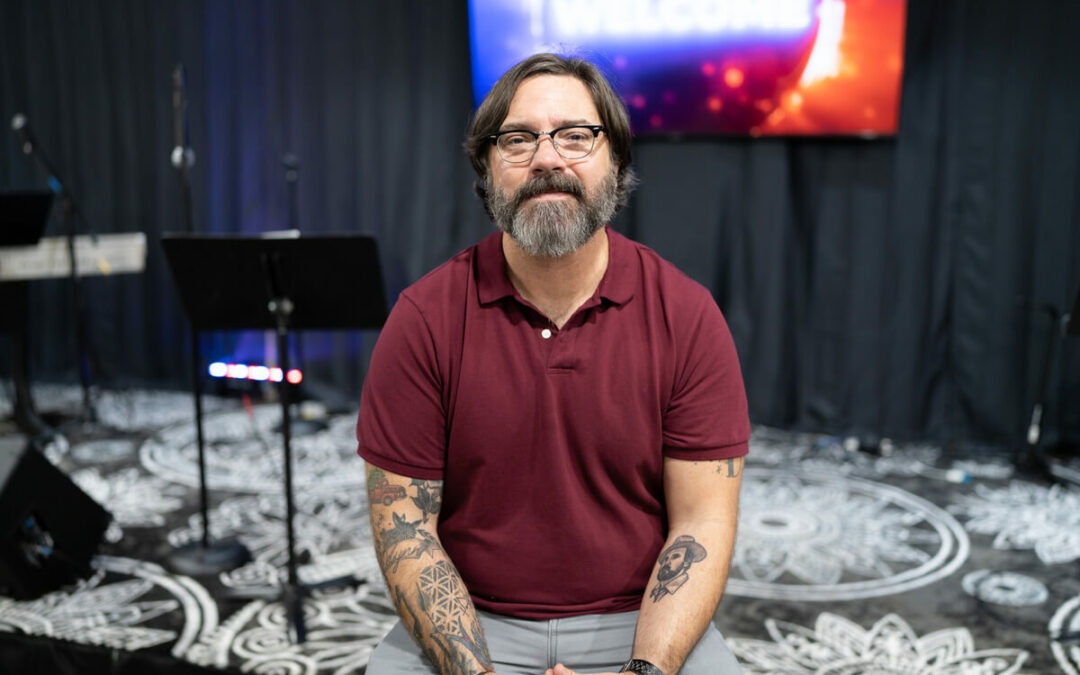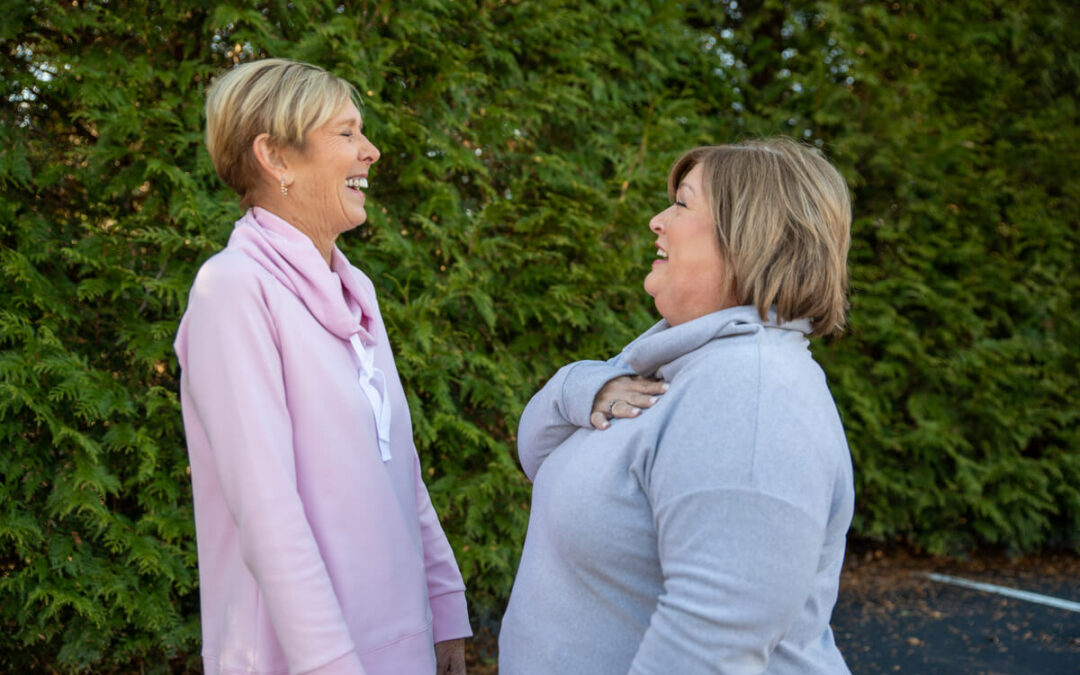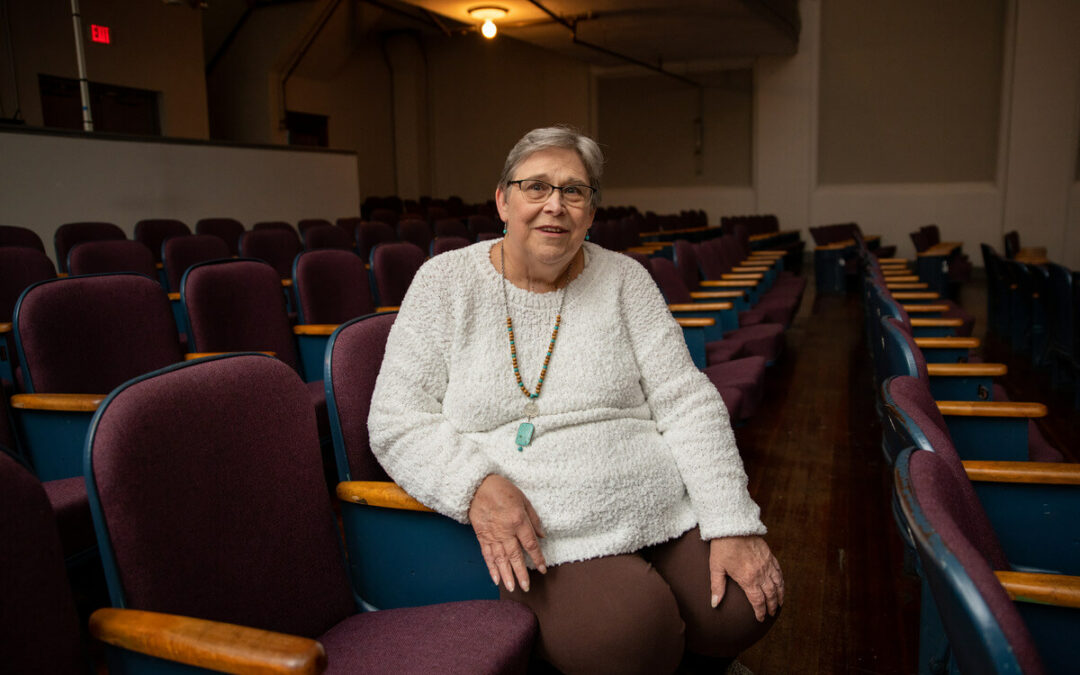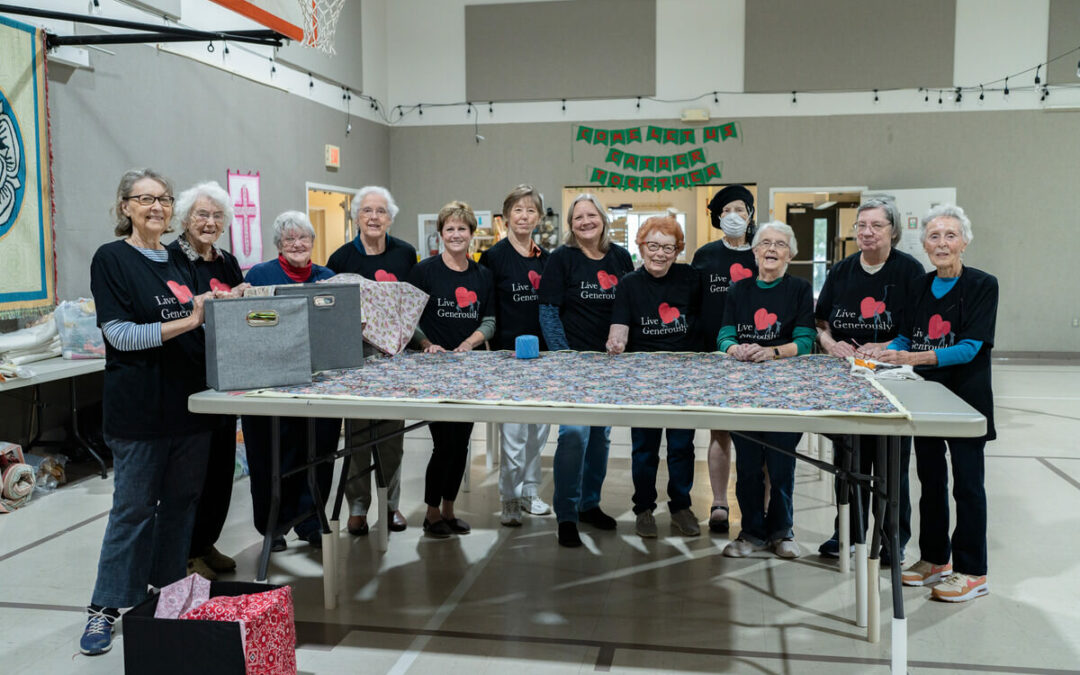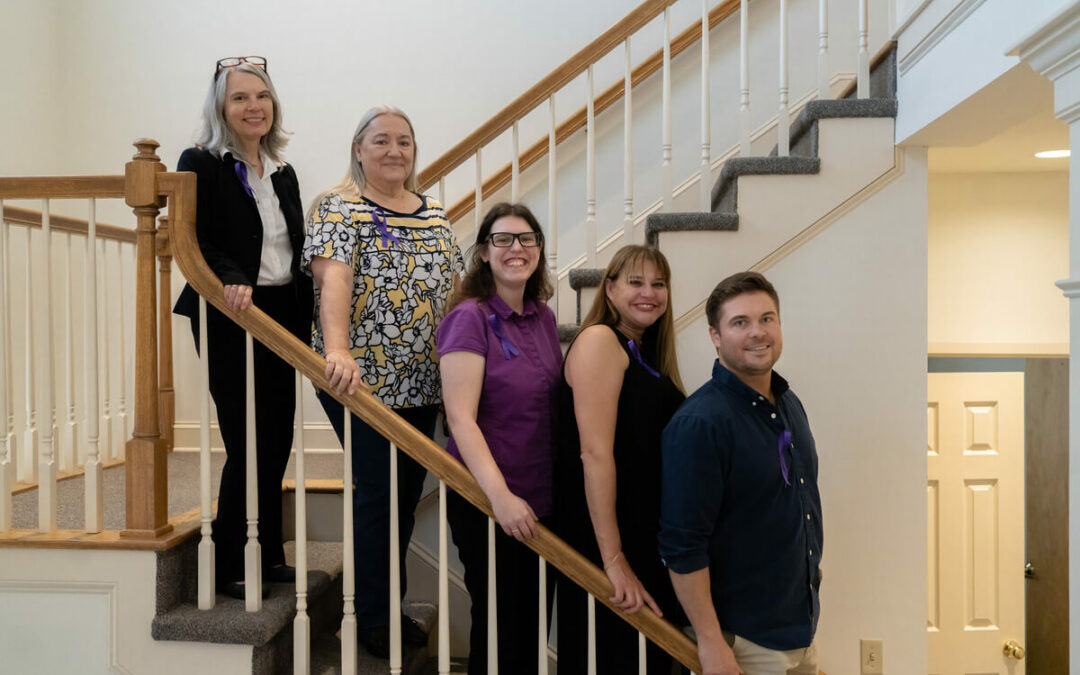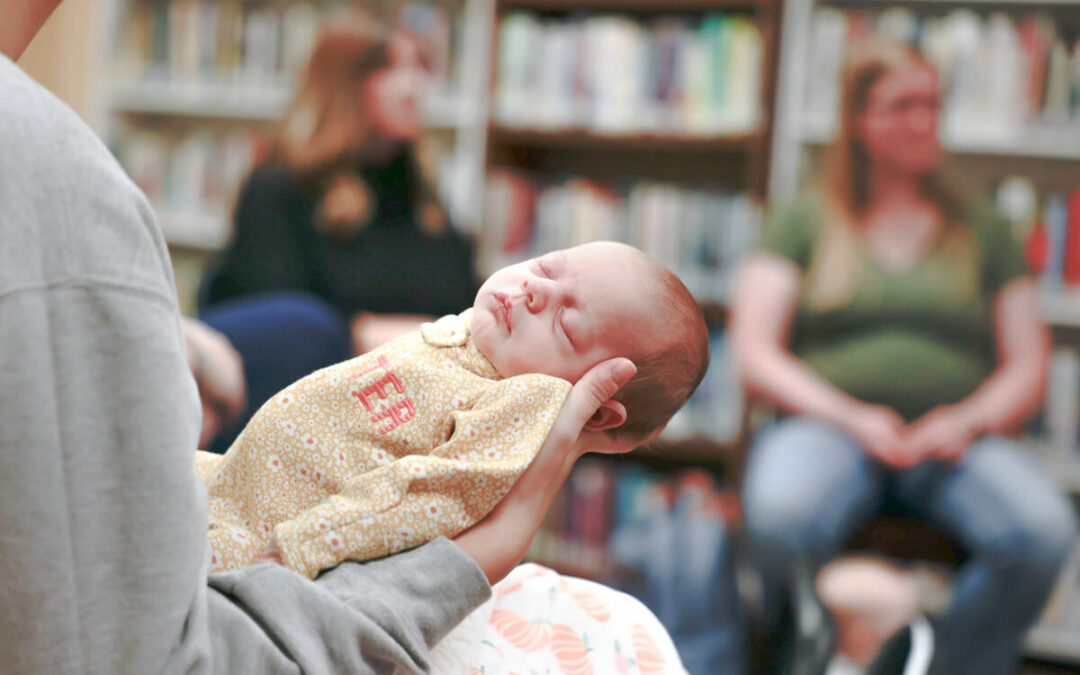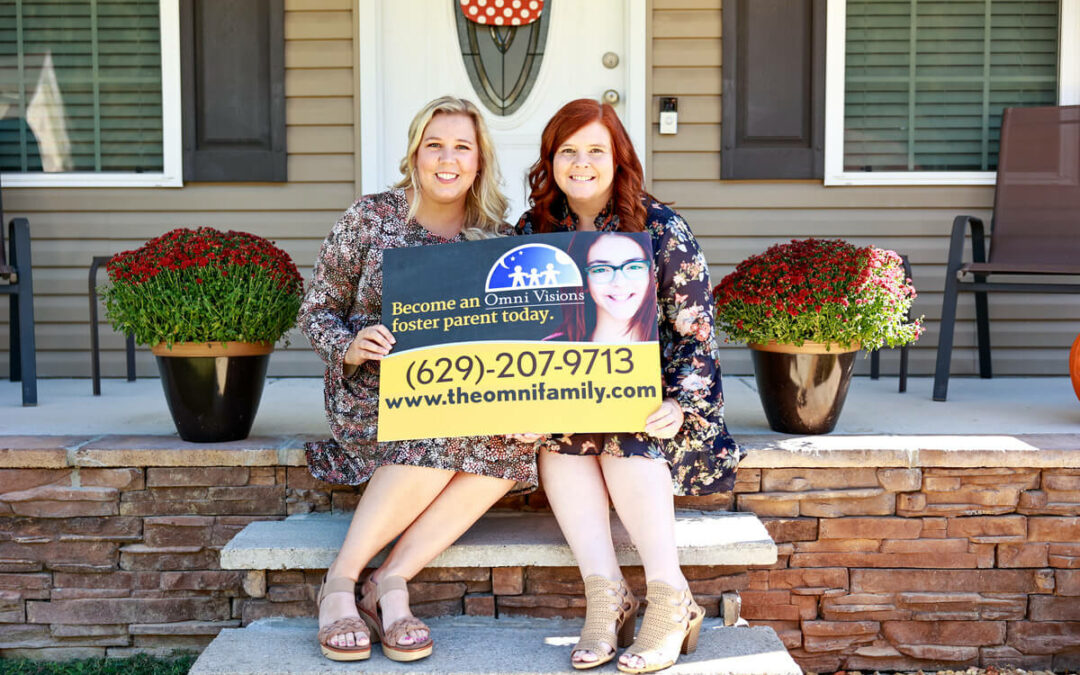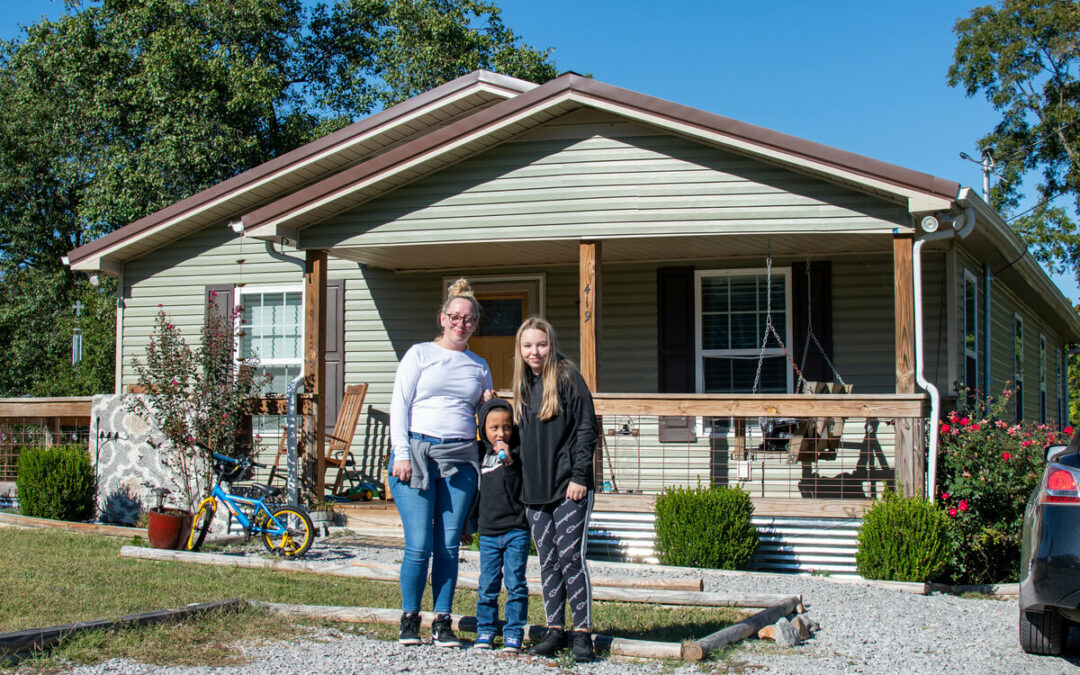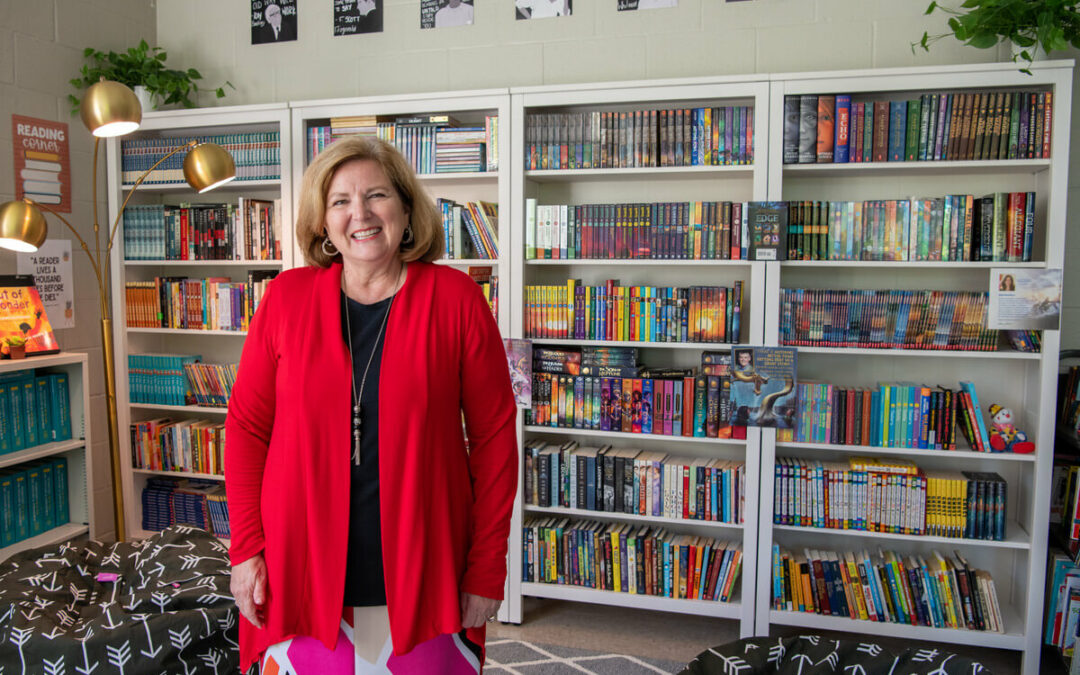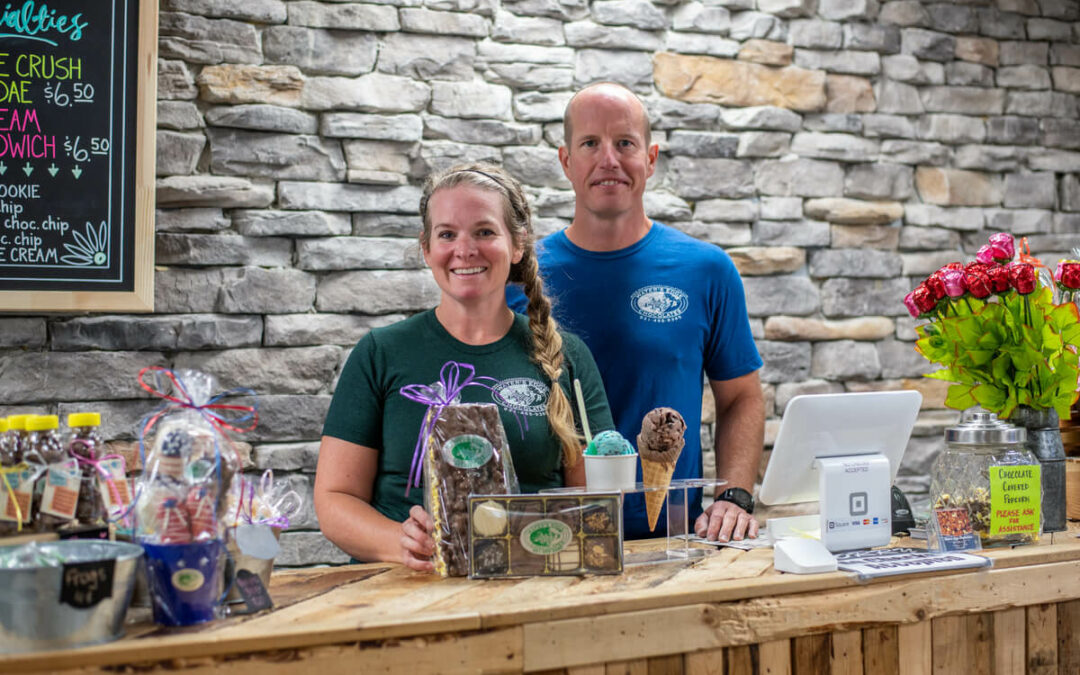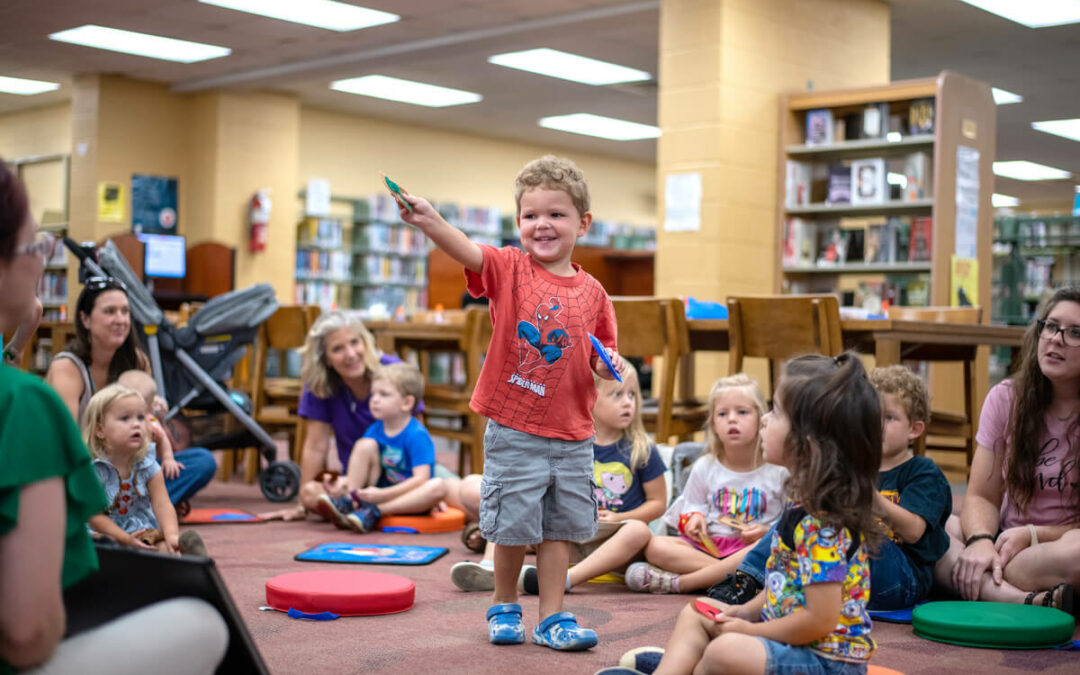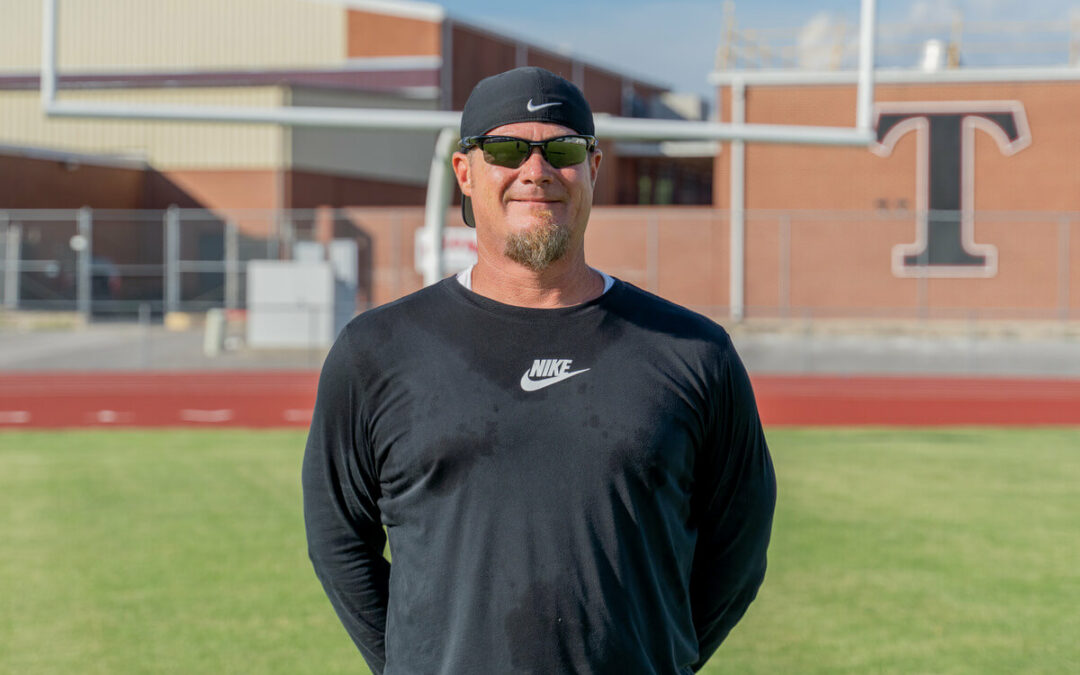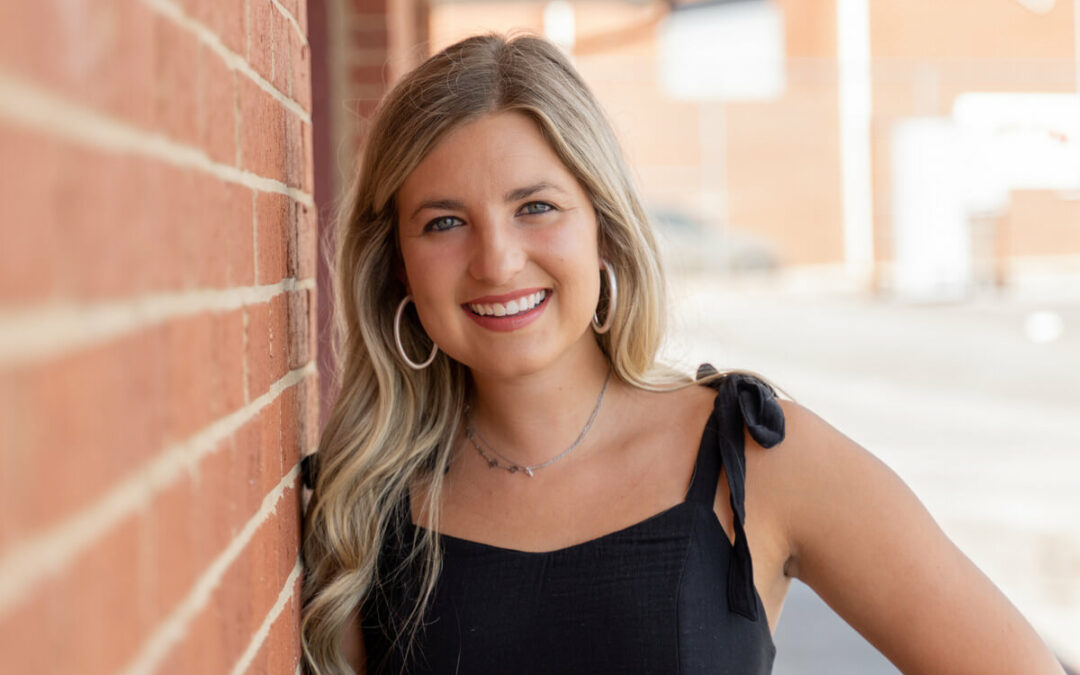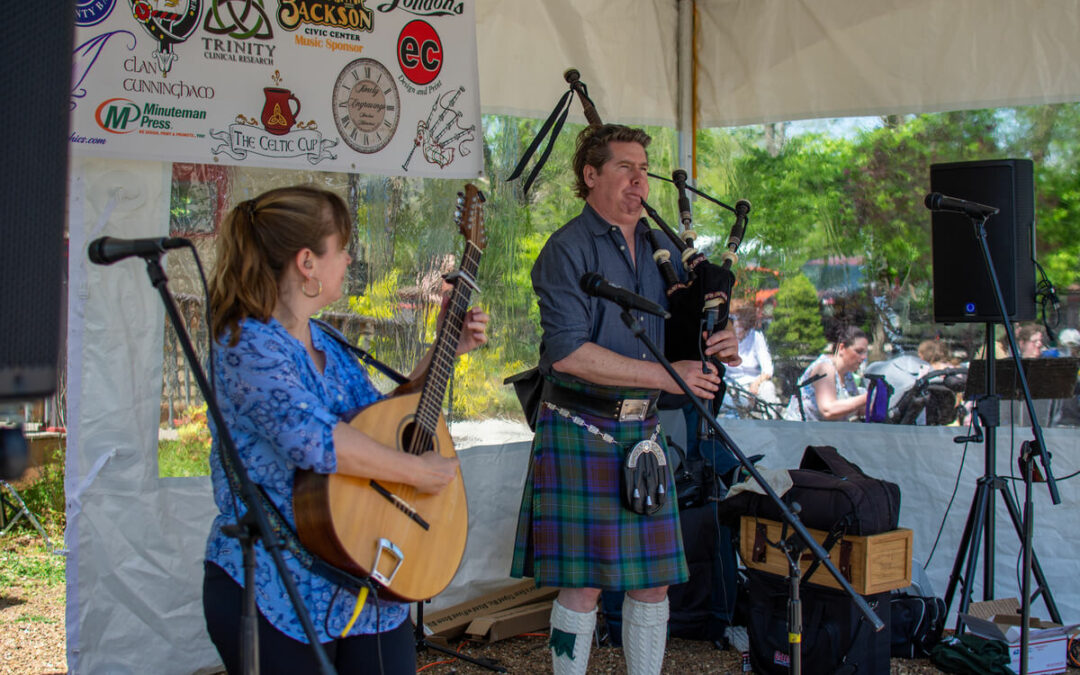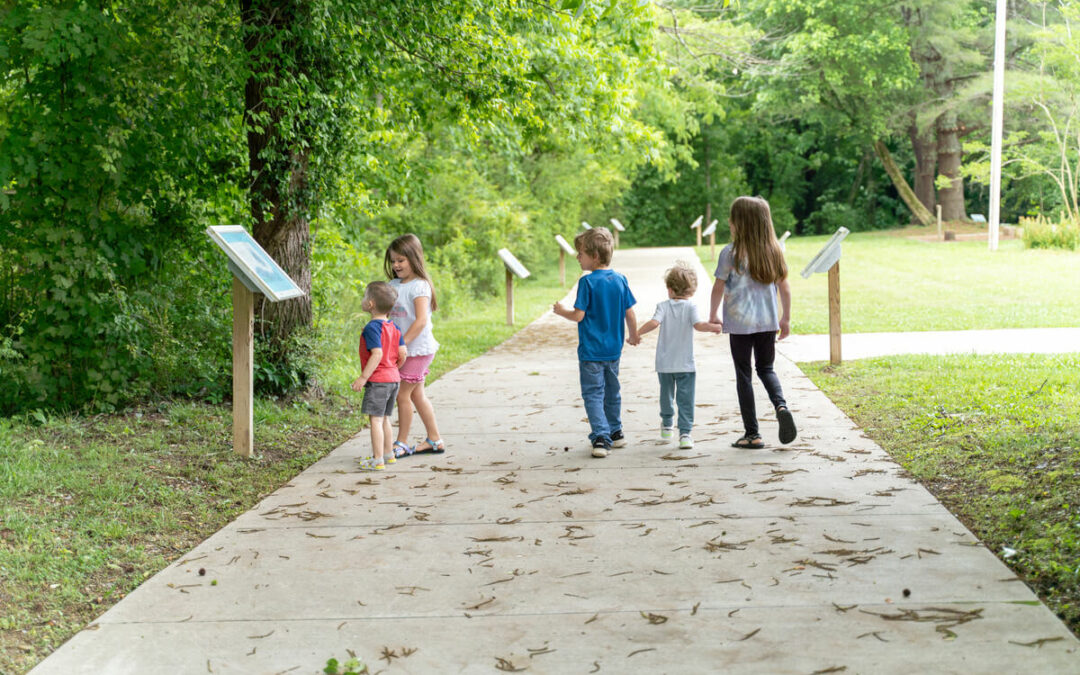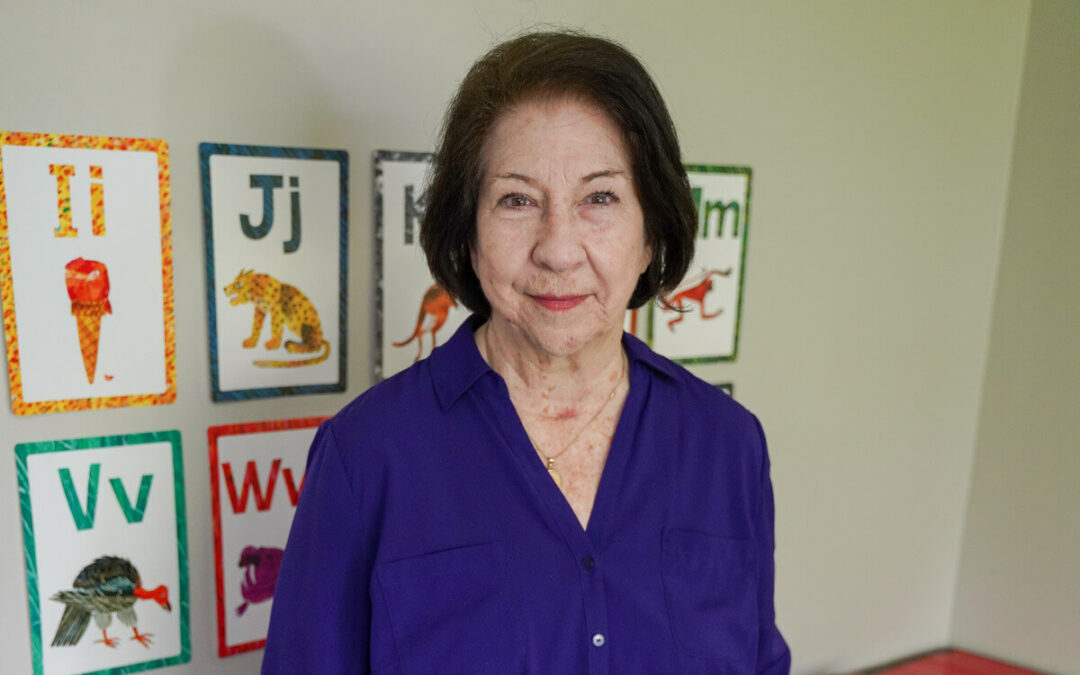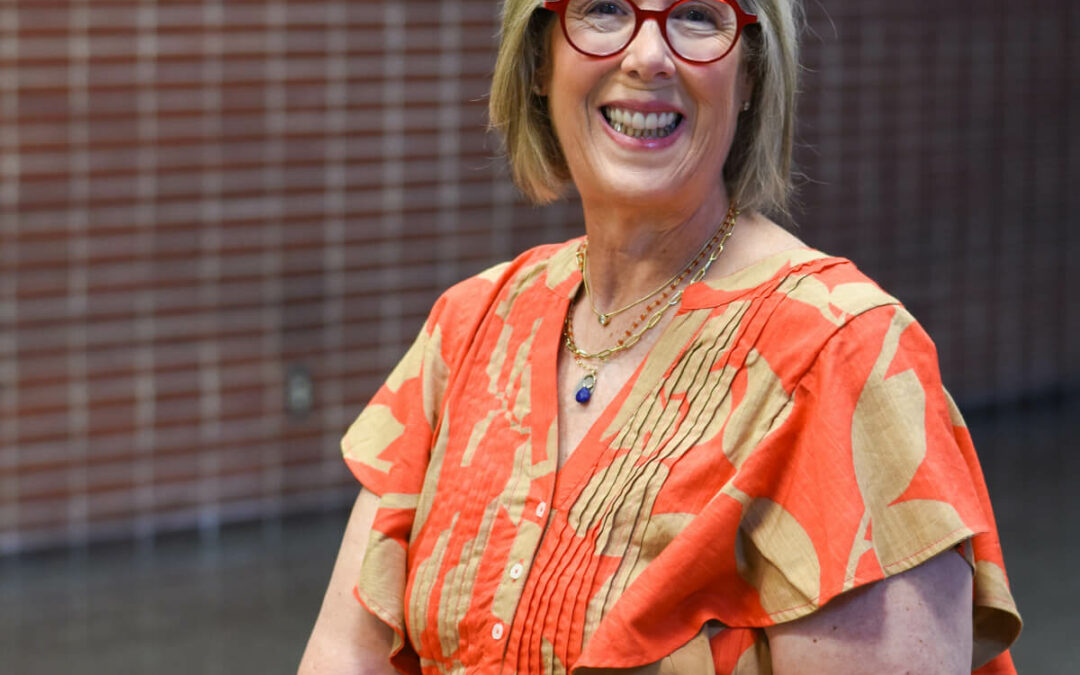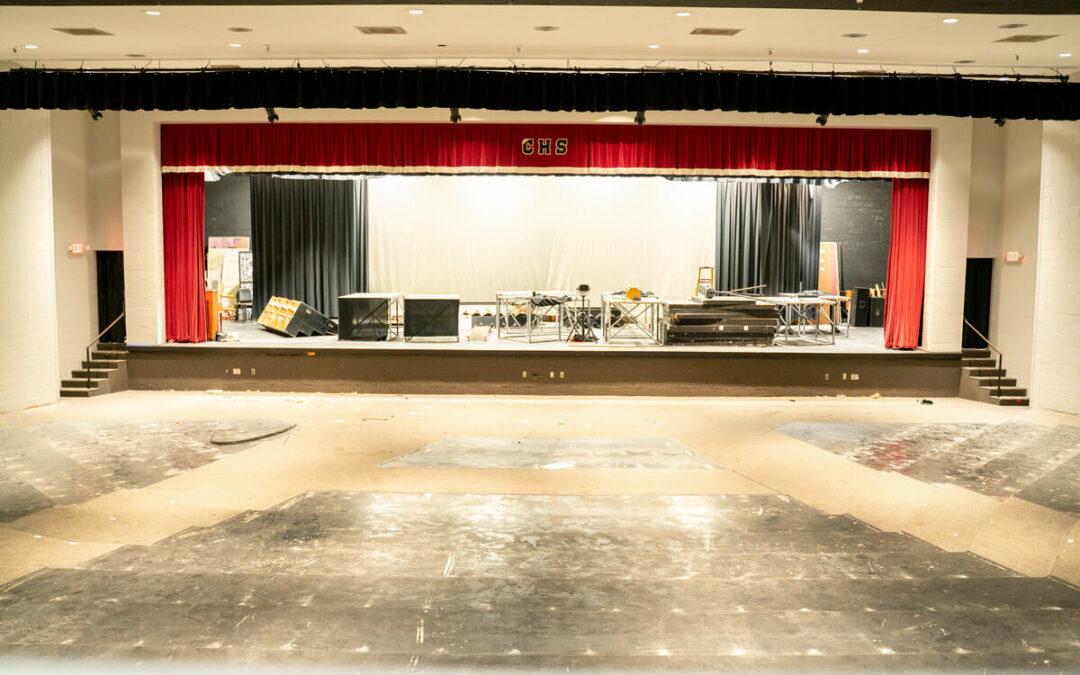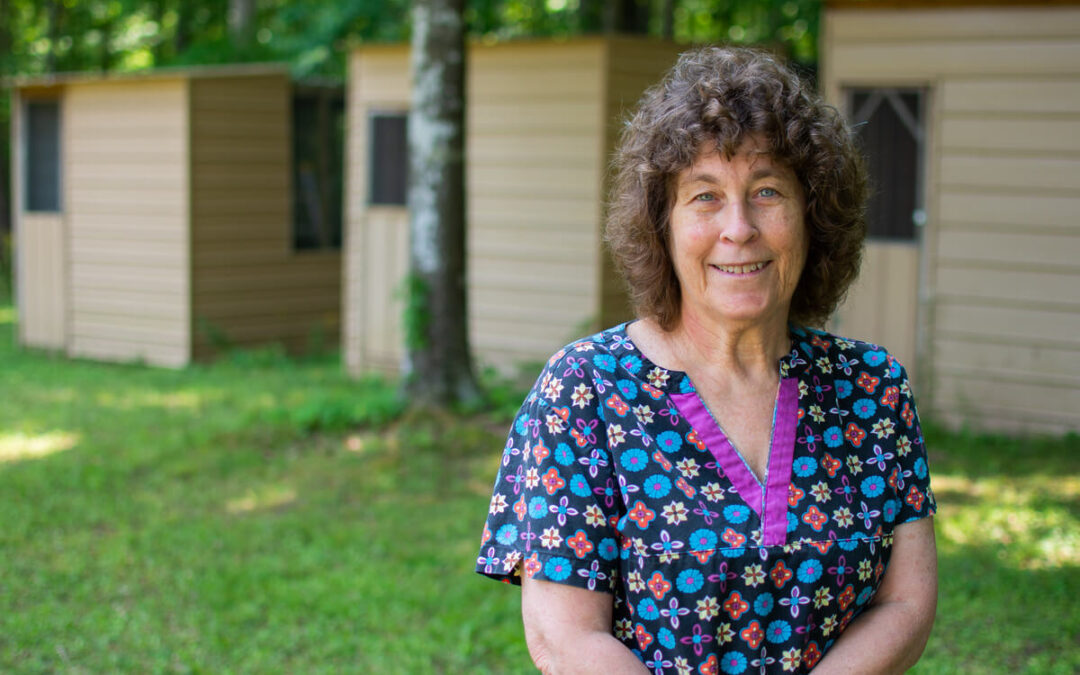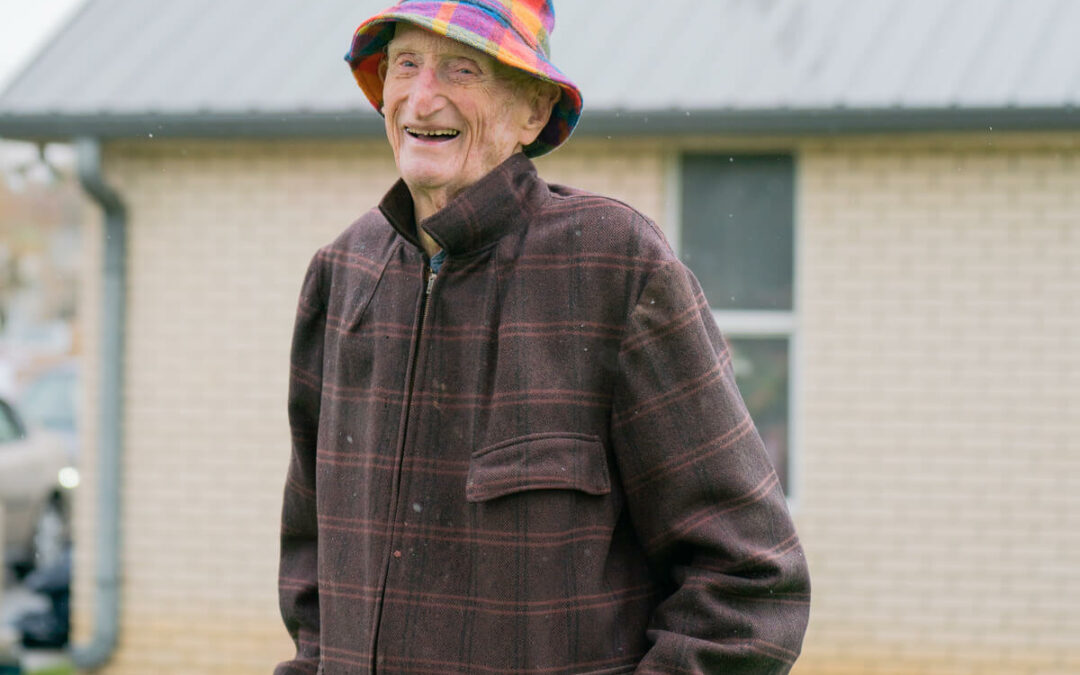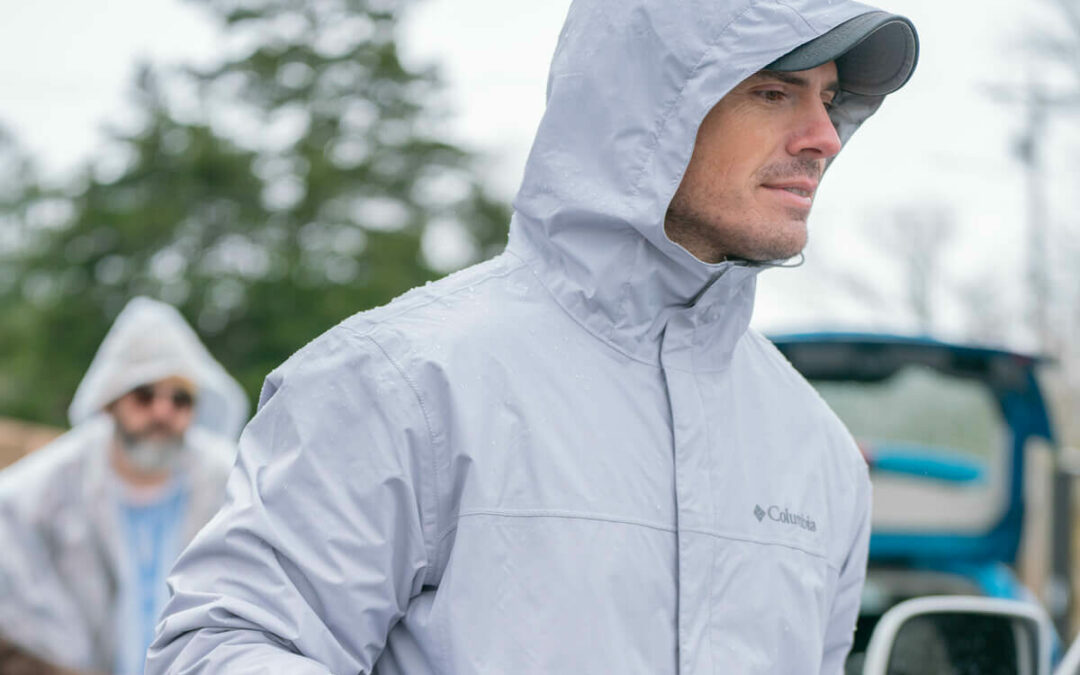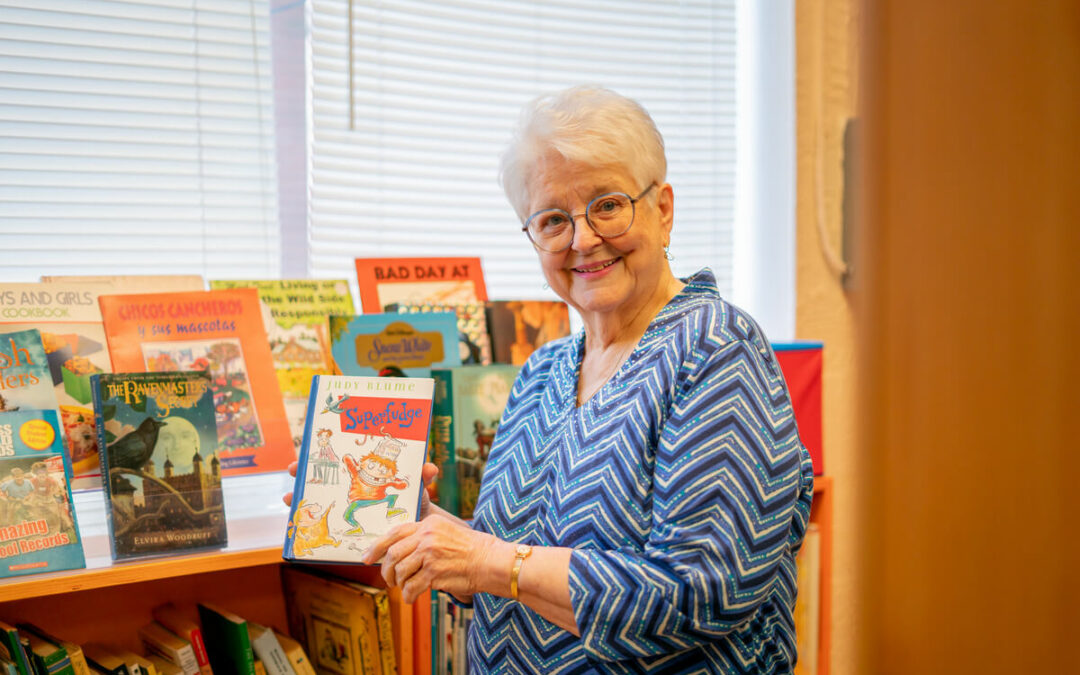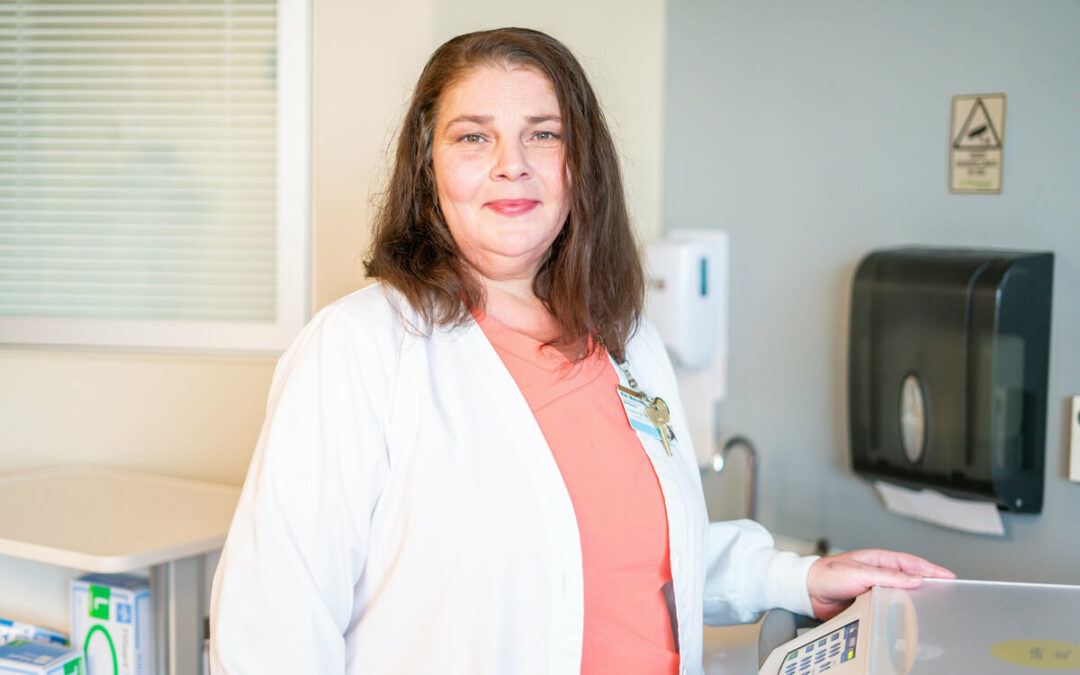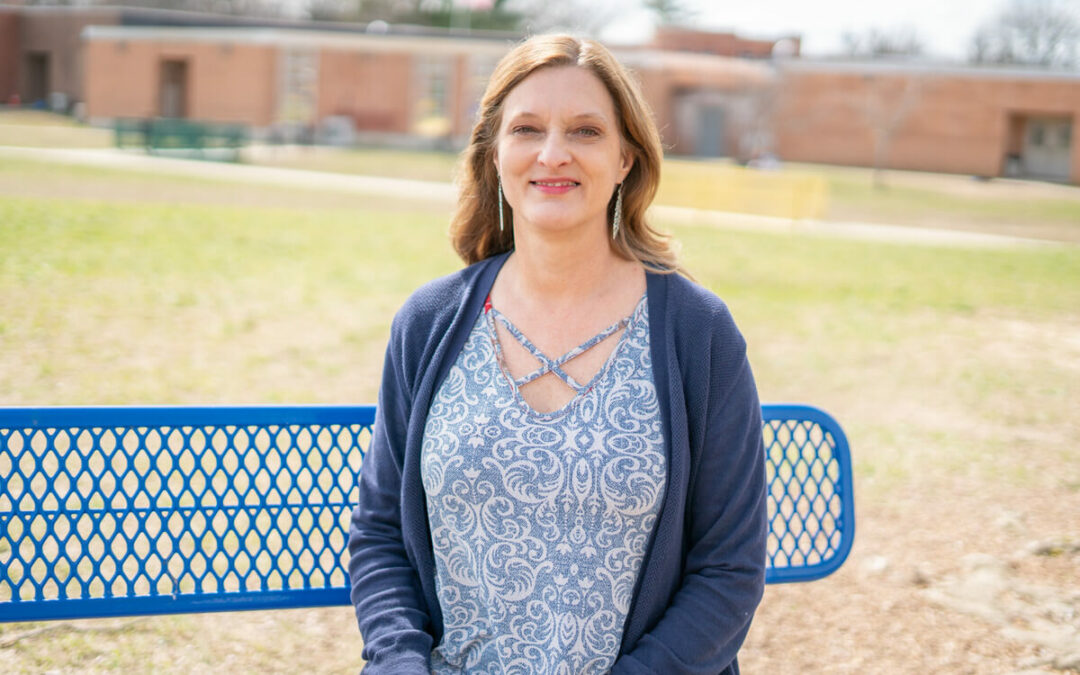IN TULLAHOMA, the Shepherd’s House stands as a beacon of hope for women and children seeking a fresh start. Amy Hill is now at the helm of this transformative organization. She is a compassionate and relatively new executive director who admittedly had an unconventional start and whose heart beats for those in need.
At Shepherd’s House, women find more than just shelter. They find a supportive community and a chance for change. Hills leadership shapes the daily operations, allowing women to rebuild their lives with structure, accountability, and care. Shepherd’s House operates as a transitional home, focusing on empowering women through responsibility and learning.
“We’re not a handout; we’re a hand up,” Hill said.
From a young age, Hill was fascinated with human behavior.
“I was absolutely fascinated with people’s processes, the way they thought, and why people choose to do the things in the way they do them,” she said. “I always had these inner questions in my mind, and I wanted to earn a degree in clinical psychology.”

However, life had other, more affordable plans — she began working in cosmetology. And although she wasn’t a counselor or a clinical psychologist, she could still touch lives and lend an ear.
“I realized that I was counseling people for years without a degree, but I poured from my heart,” she said.
It’s evident upon meeting her that Hill has a lot of compassion to spare. Knowing this, people around her suggested she begin volunteering at shelters. Hill’s career took a pivotal turn when she crossed paths with Shepherd’s House.
Volunteering at the women-only shelter, she realized her true calling: helping women find their footing amid life’s challenges.
“What pulled me in was the hurt inside of people that leads them to their breaking point,” Amy reflected on her initial conversations with the women at Shepherd’s House. “I could have been any of these girls, if I’m going to be honest.”

Hill had a son pass away, and she had talked people through affairs, divorces, death, and chronic illness.
“I had something to talk to them about,” she said. “And I loved to give them a moment to where they could just breathe.”
That, after all, is what Shepherd’s House is all about — giving women a safe space to catch their breath.
“It really validated that that is what I wanted to do in life,” Hill said. “And I was happy with just doing that. And then one day, I got a phone call and asked if I was interested in taking the directorship.”
Before she knew it, she was leaving behind the hair scissors and taking on a houseful of women who needed someone like her.
Residents of Shepherd’s House embark on a journey of self-improvement, learning valuable life skills, seeking counseling, and participating in mandatory classes. Some participate in Celebrate Recovery to address substance abuse issues. Some are just there to save up enough money to move into the next chapter of their lives. Many of the women have children who live at the shelter with them. Some are in the midst of parenting classes or custody battles.
Shepherd’s House doesn’t have the resources to provide childcare, so while some kids stay at the shelter, mothers are responsible for finding care for them during the day.

“That’s a hard situation,” Hill said of the women who are trying to find support for themselves and their children. “It breaks my heart because some of these women are working all they can, but because of their situation, it limits them.”
While the road to recovery is often challenging, Hill’s philosophy is clear: “I’m looking for that woman who just needs a moment… just needs someone to understand them, give them a hand up, give them some resources, and be there for them and support them while they can just get back on their feet.”
A typical day at Shepherd’s House mirrors the rhythm of any other home. Residents have daily chores, prepare meals together, and participate in counseling sessions and classes. Their schedules are built around work and personal development, ensuring each woman gains the tools she needs to succeed.
The shared responsibilities and routines foster community, empowering each resident to contribute meaningfully.
Looking ahead, Shepherd’s House has plans to expand its impact. A larger facility is on the horizon, intending to accommodate 20 to 25 women, allowing even more individuals to access the support they need.
“Even for those who come in and leave never meeting their goals or leave without tangible success, my biggest hope for them is while living at Shepherd’s House, these women can feel much-needed peace, learn information, obtain resources, and above all, receive healing,” Hill said. GN


